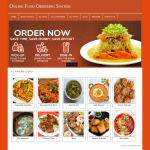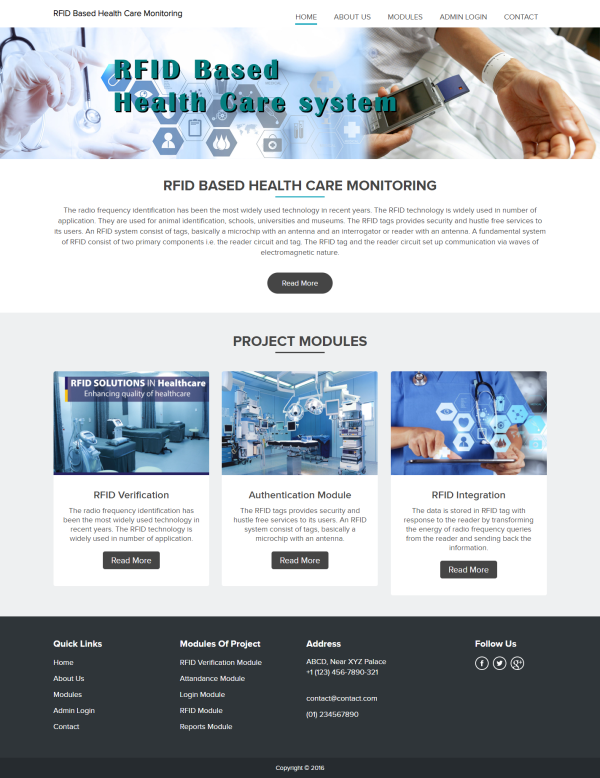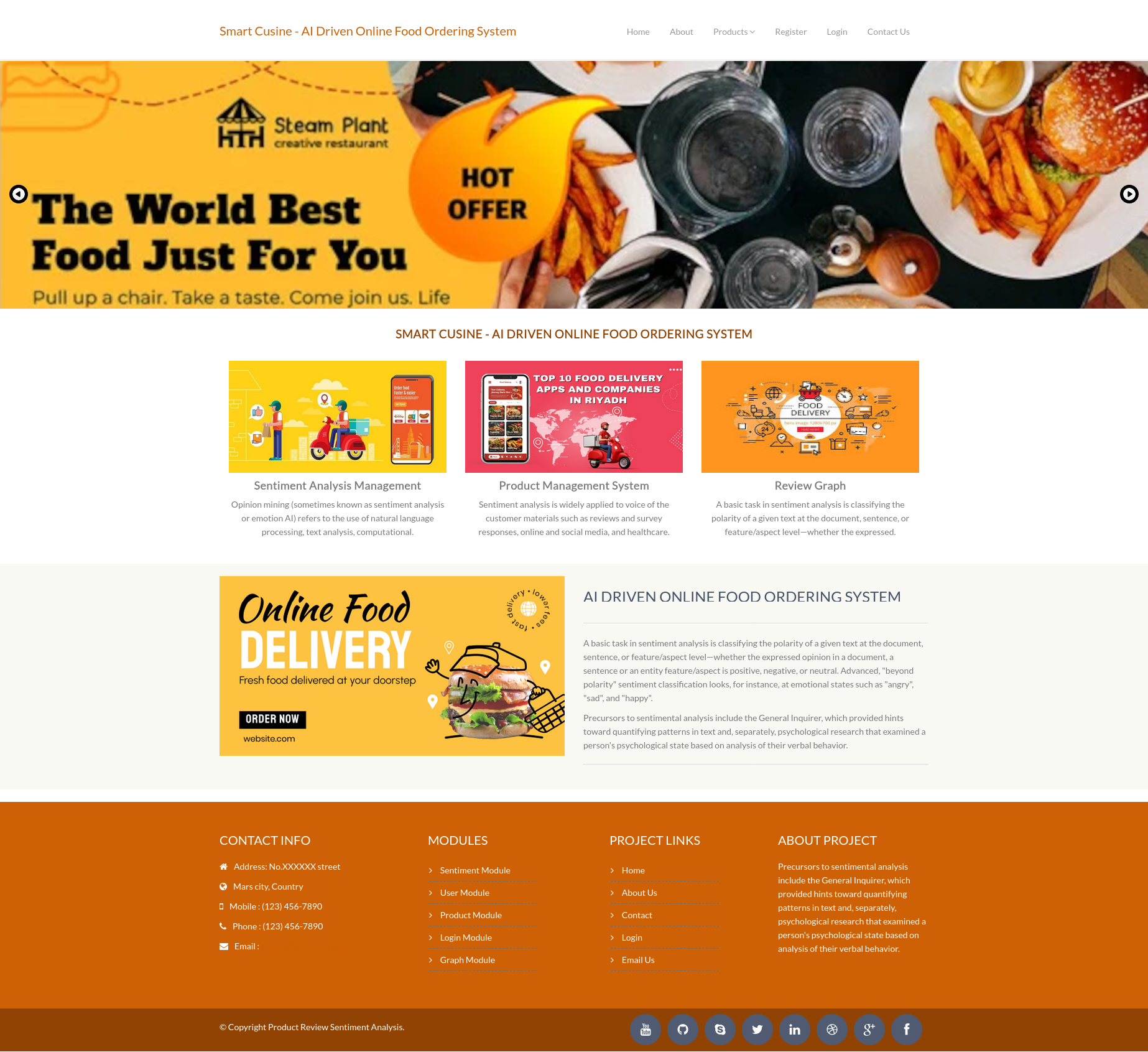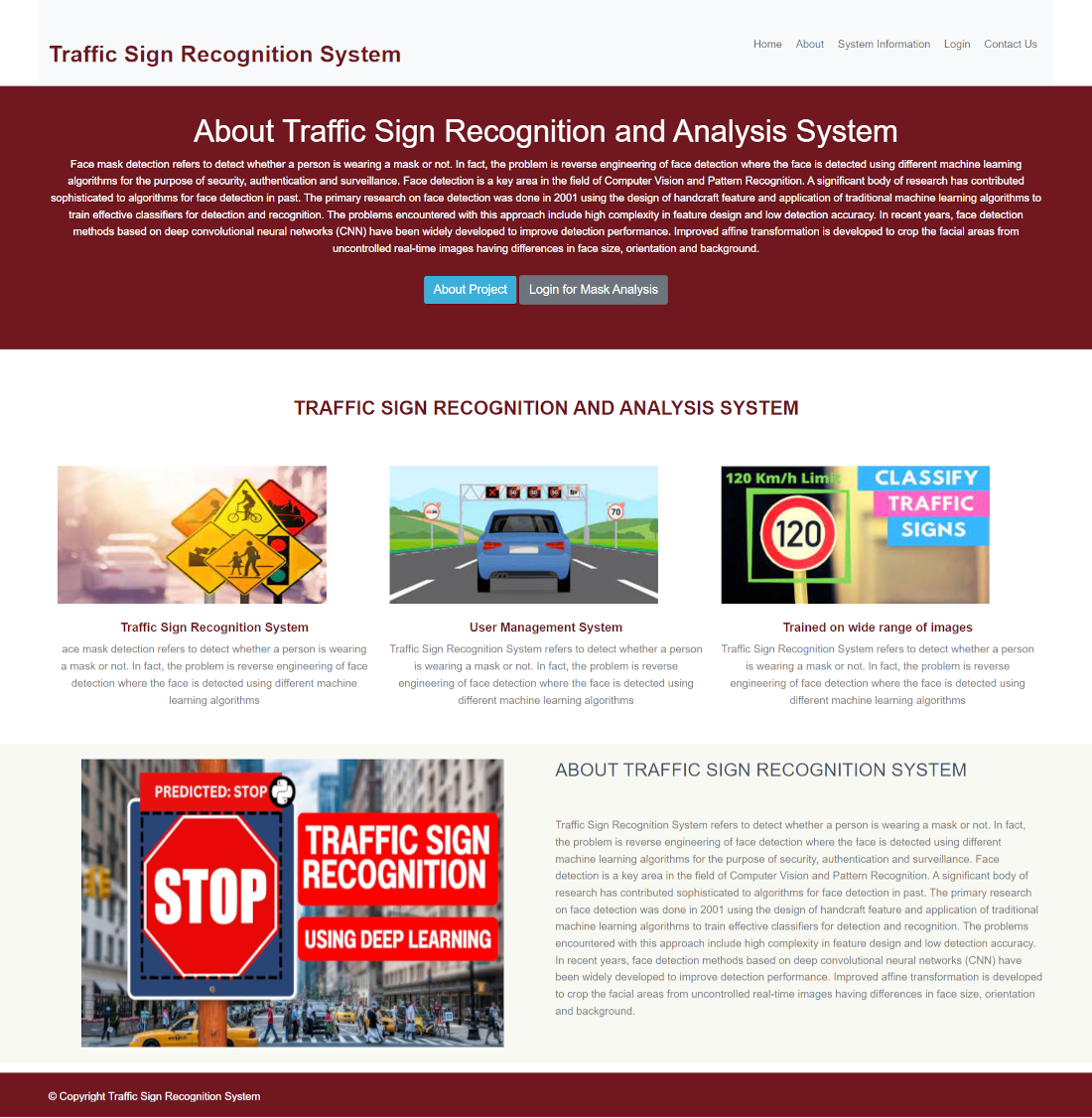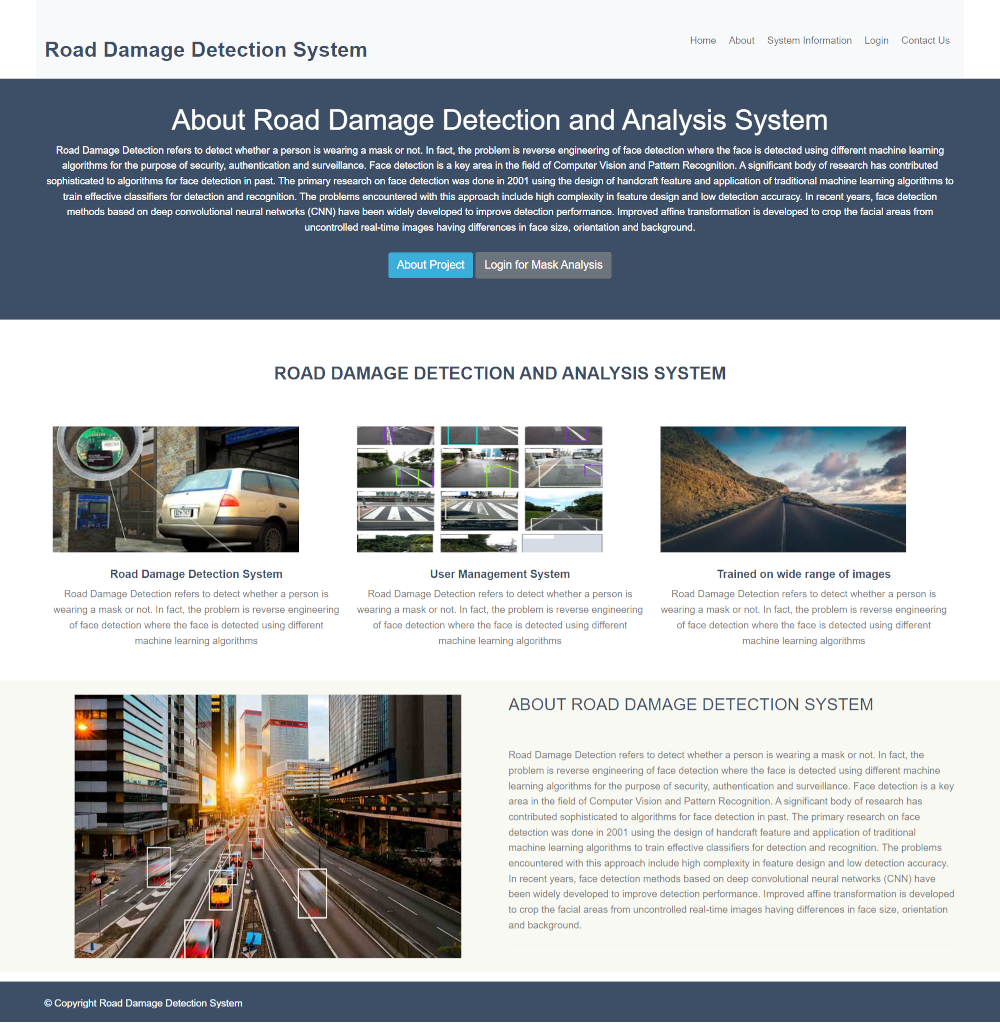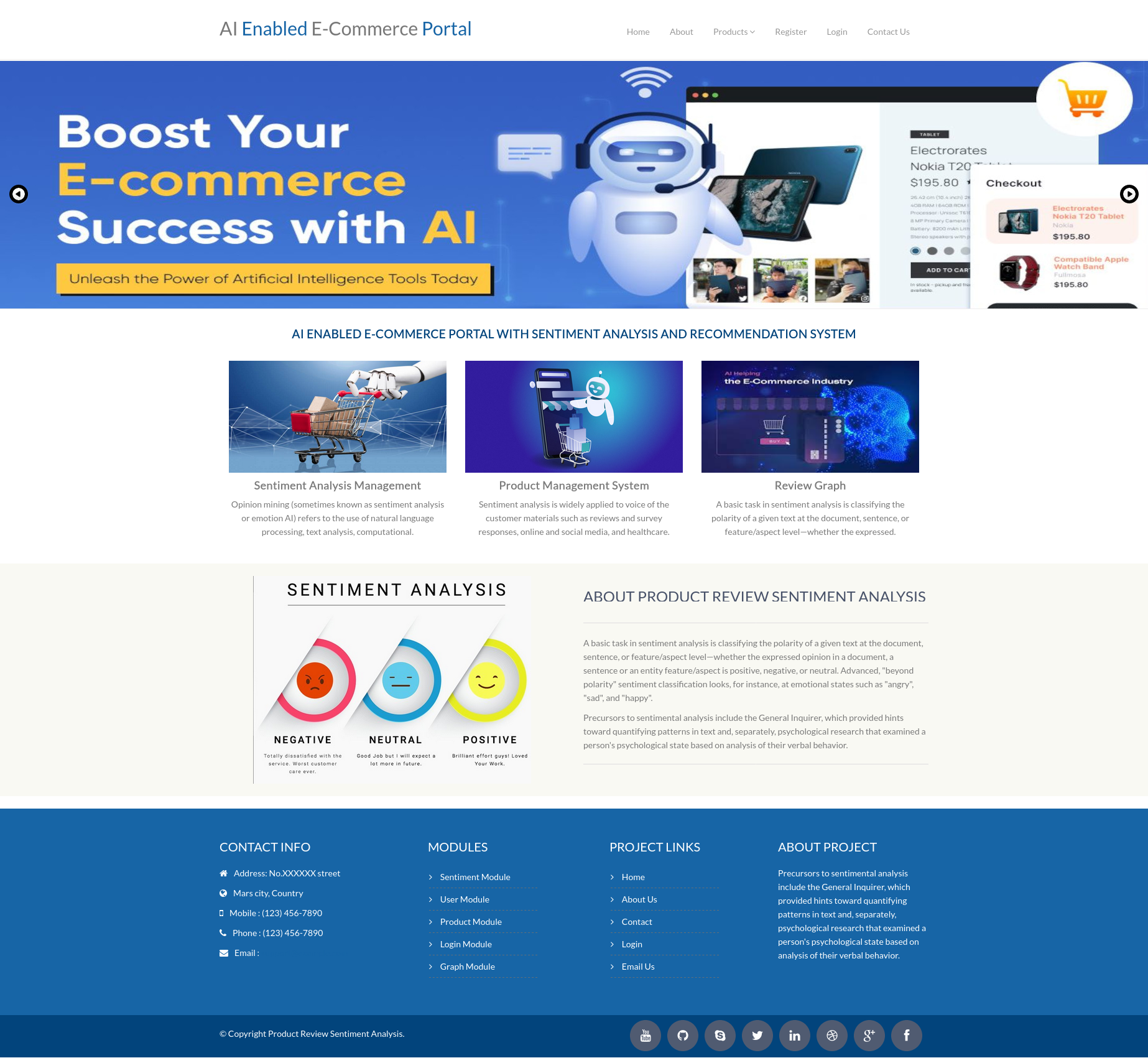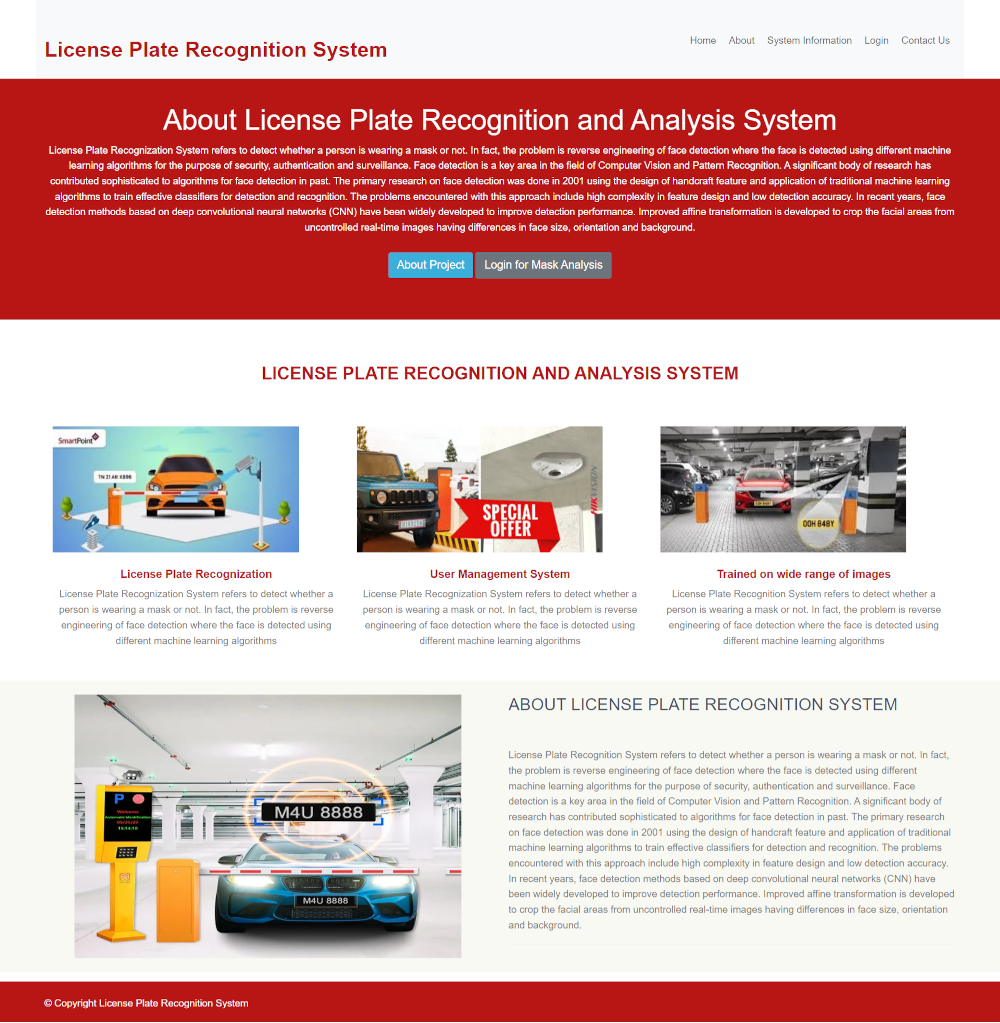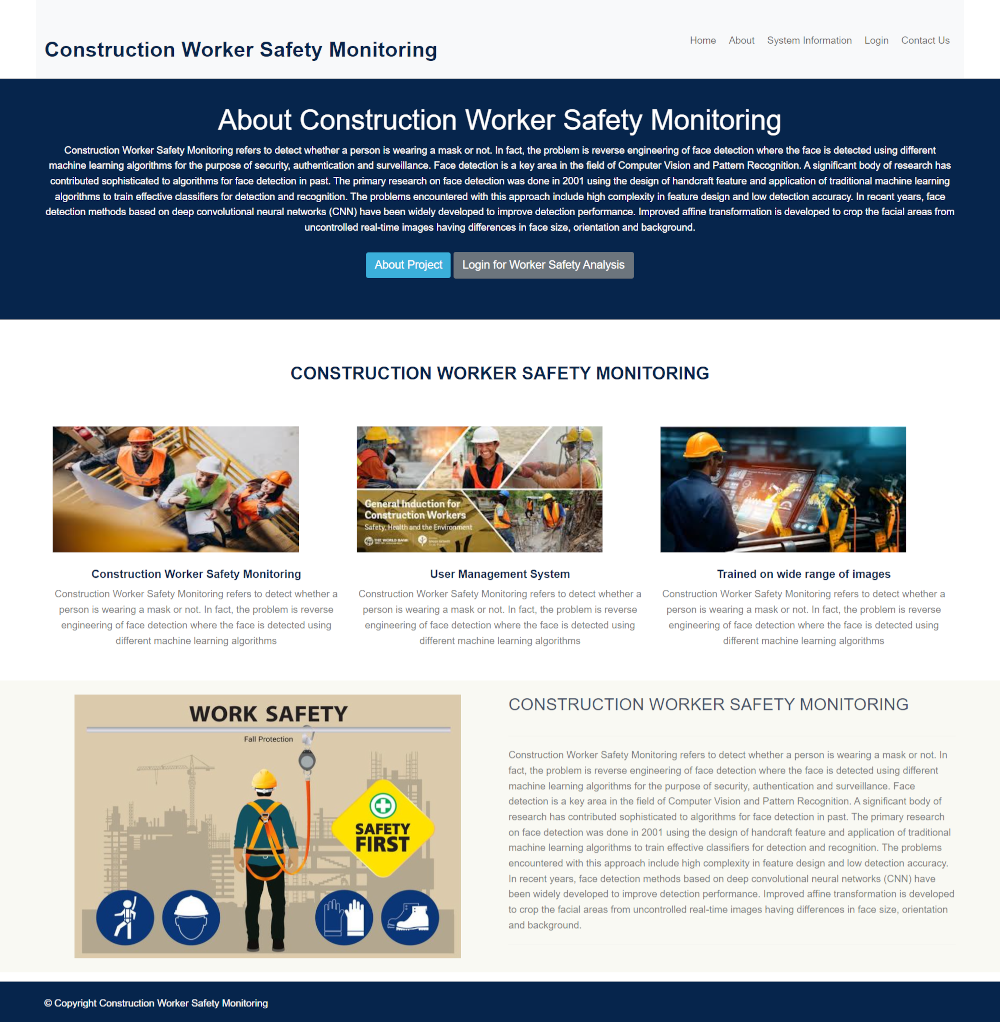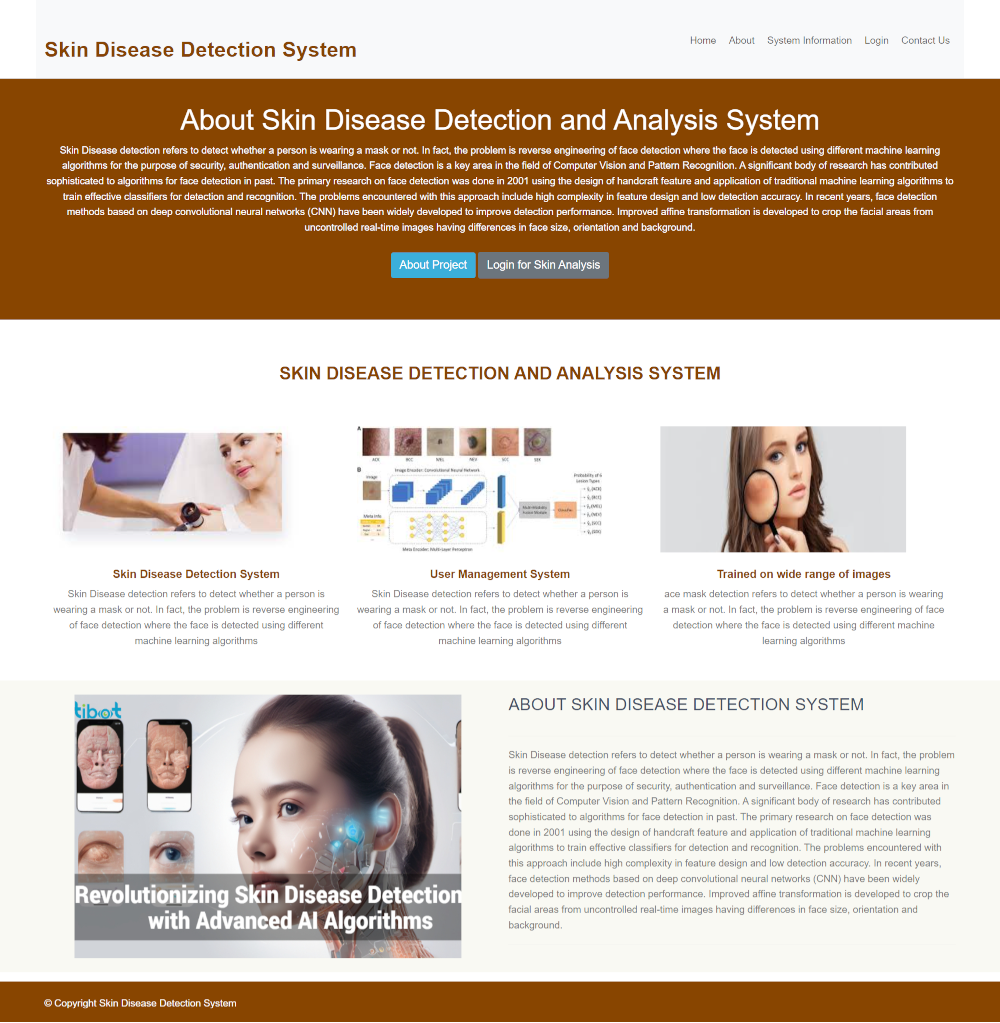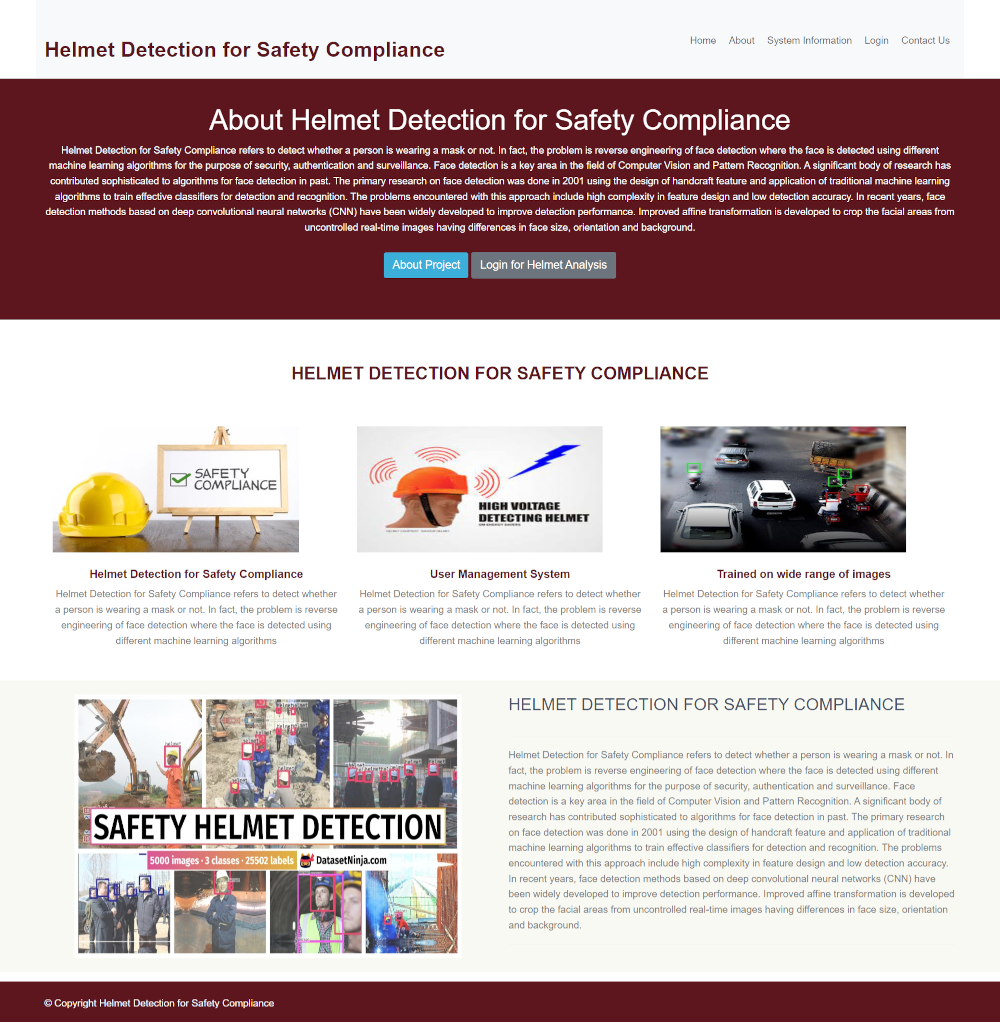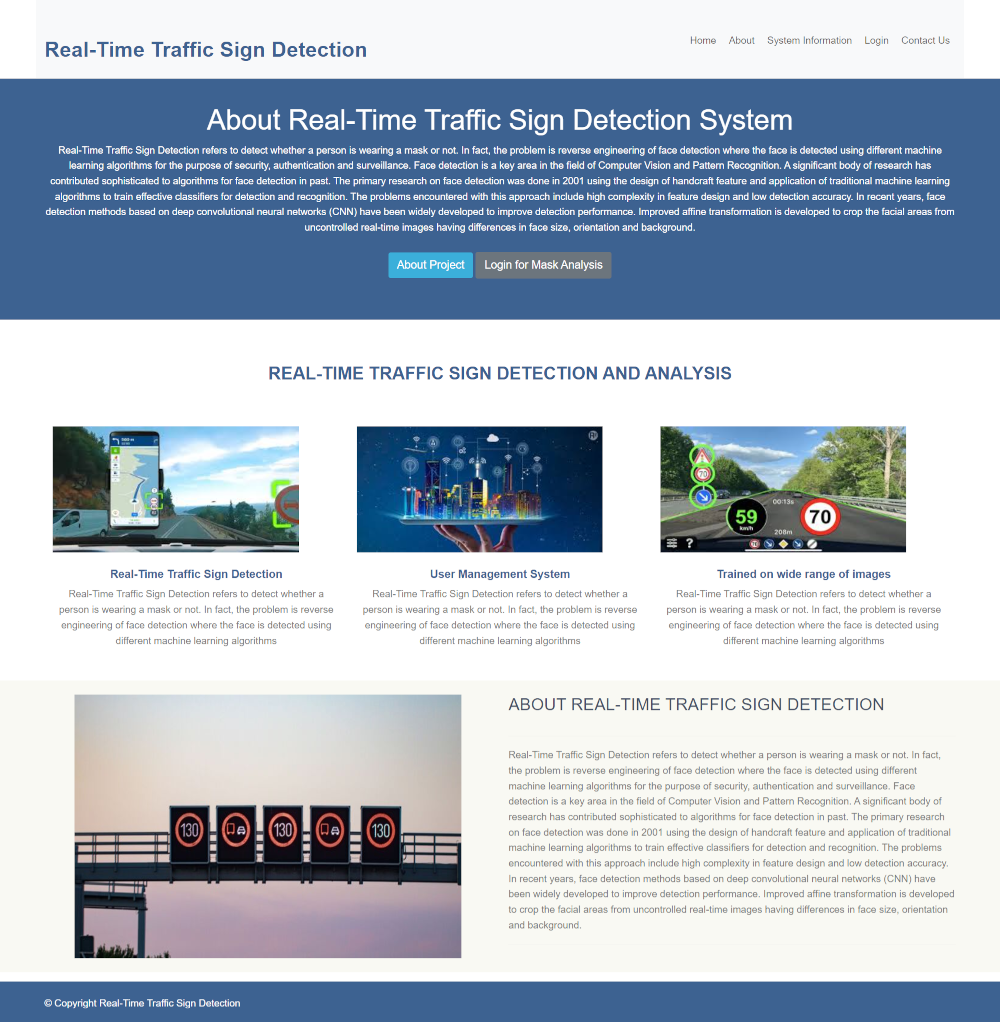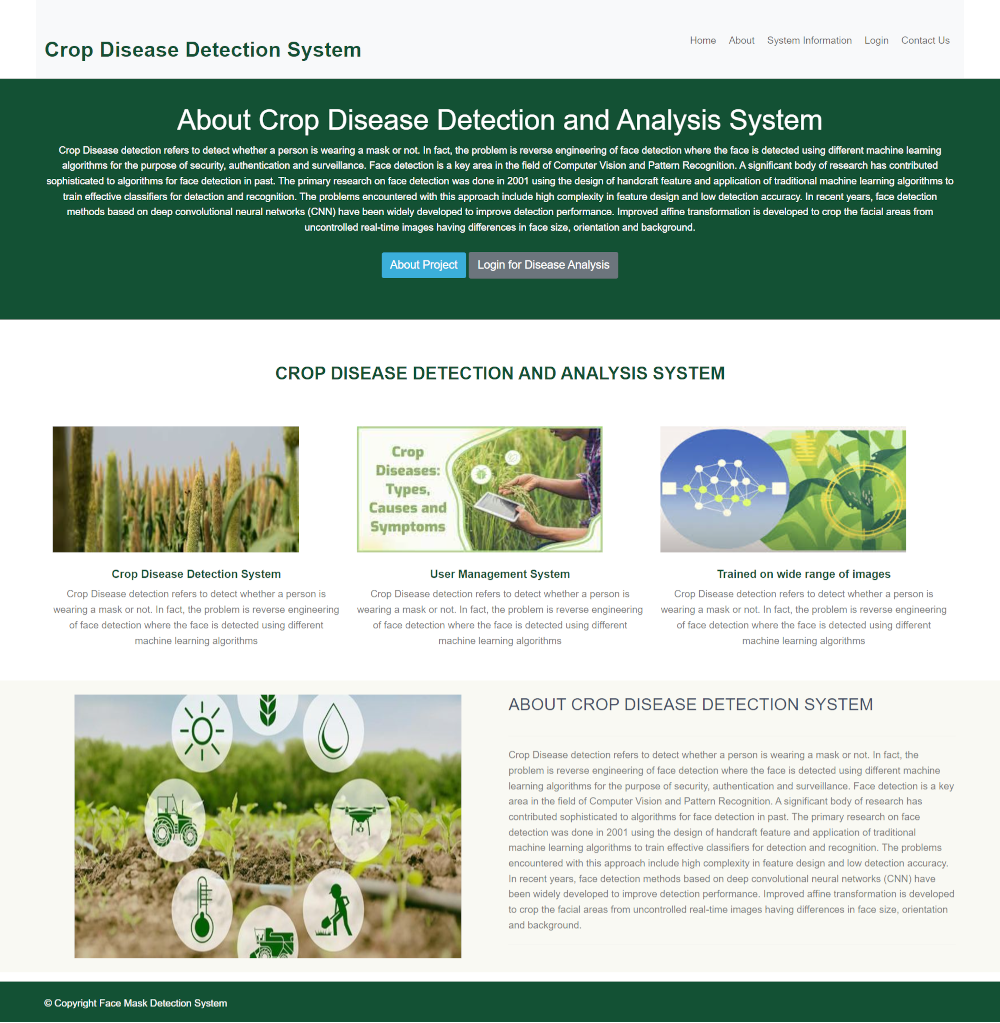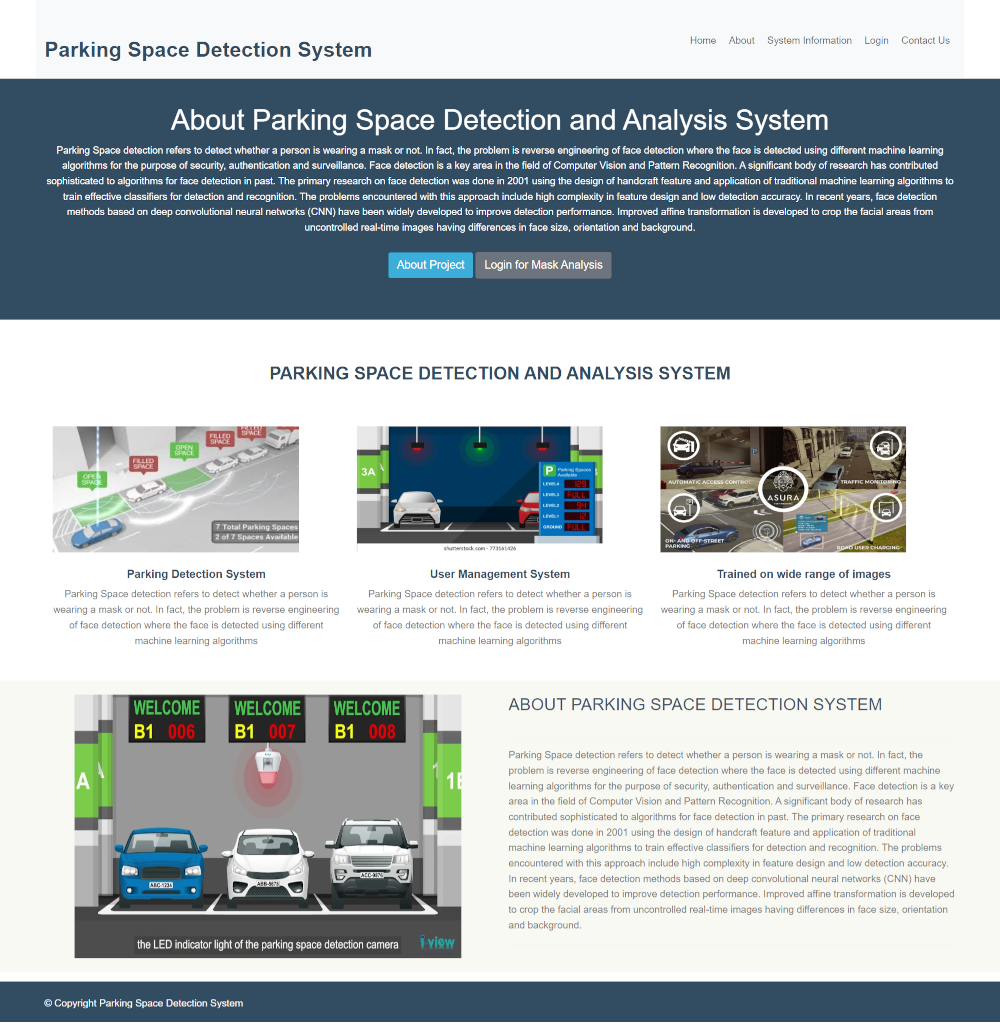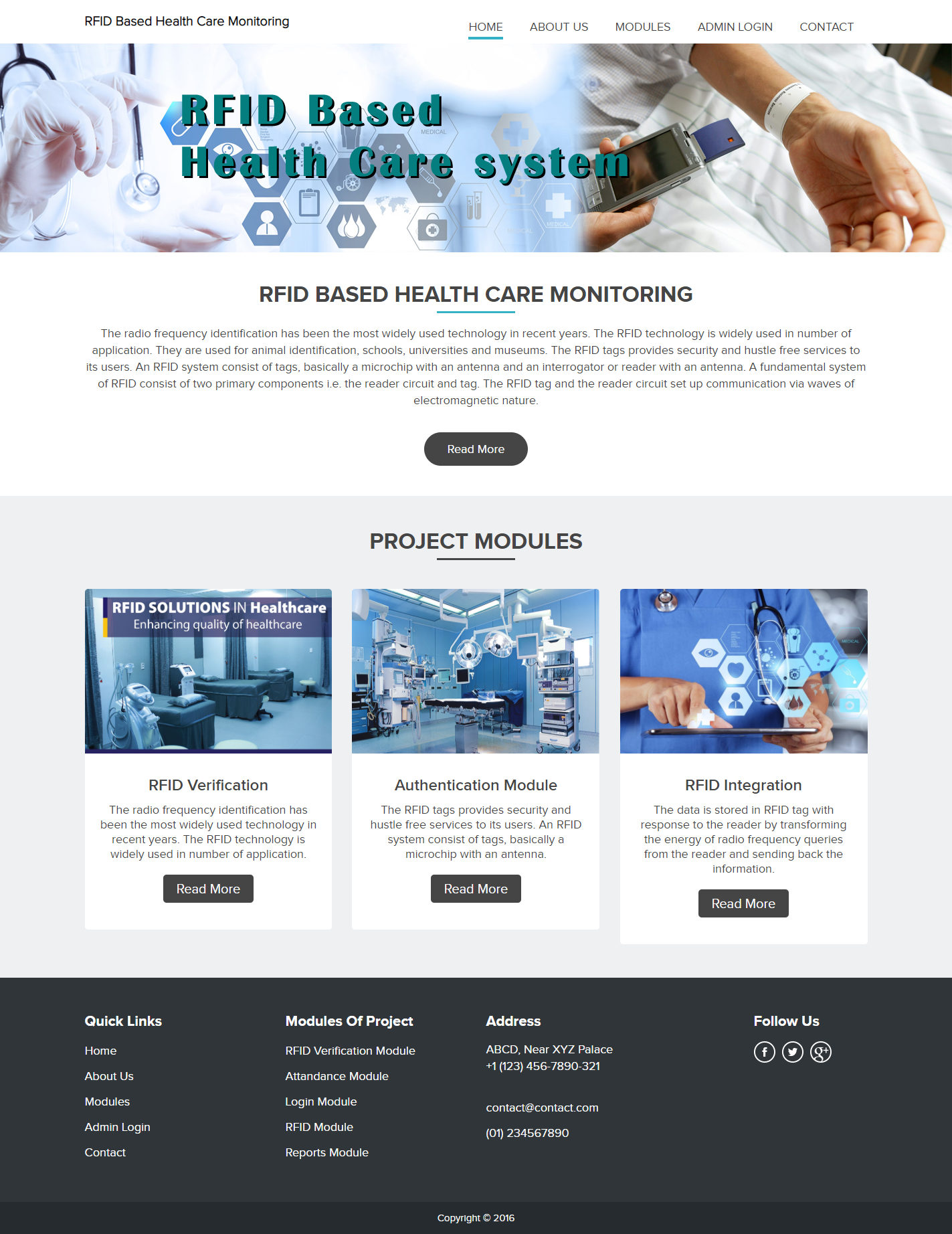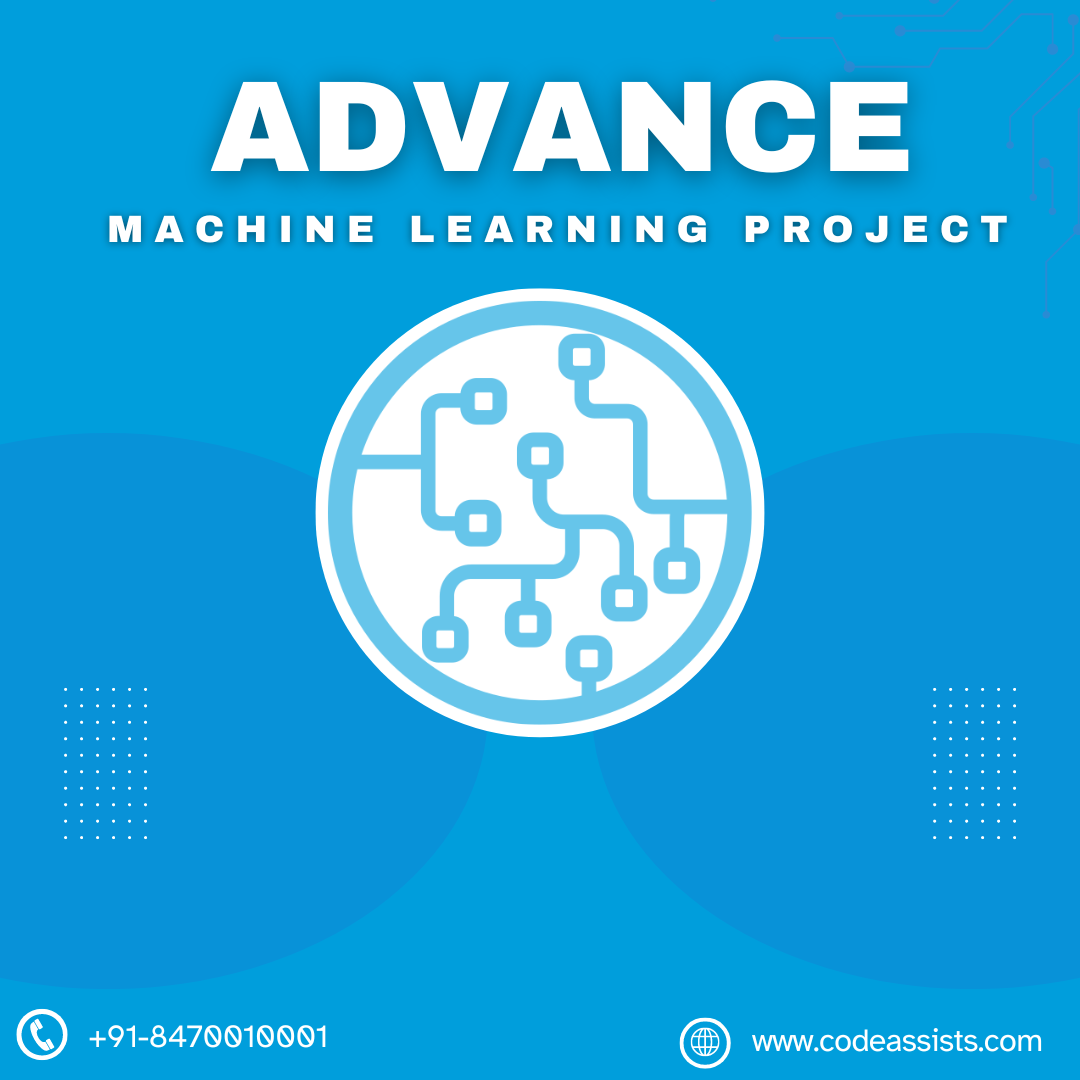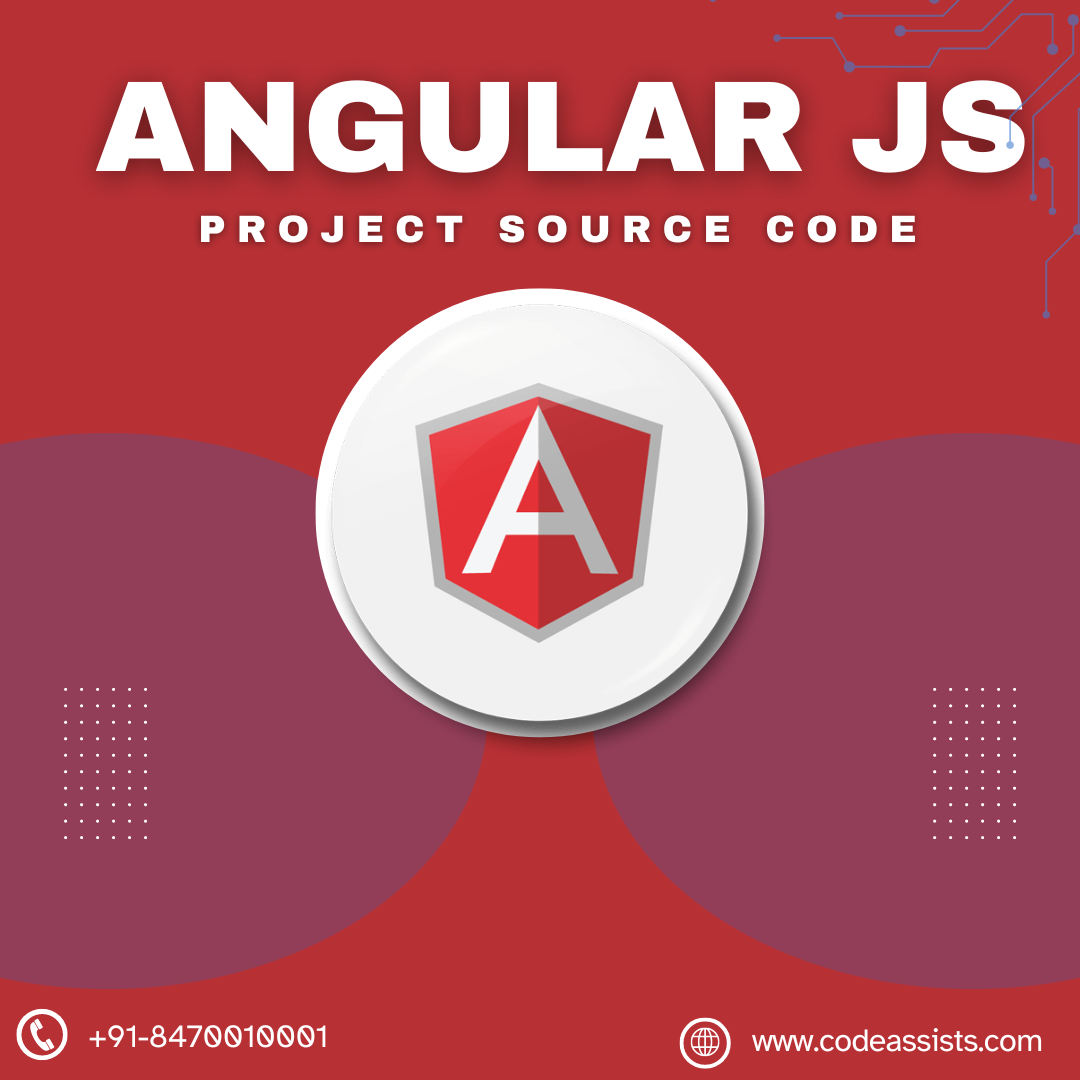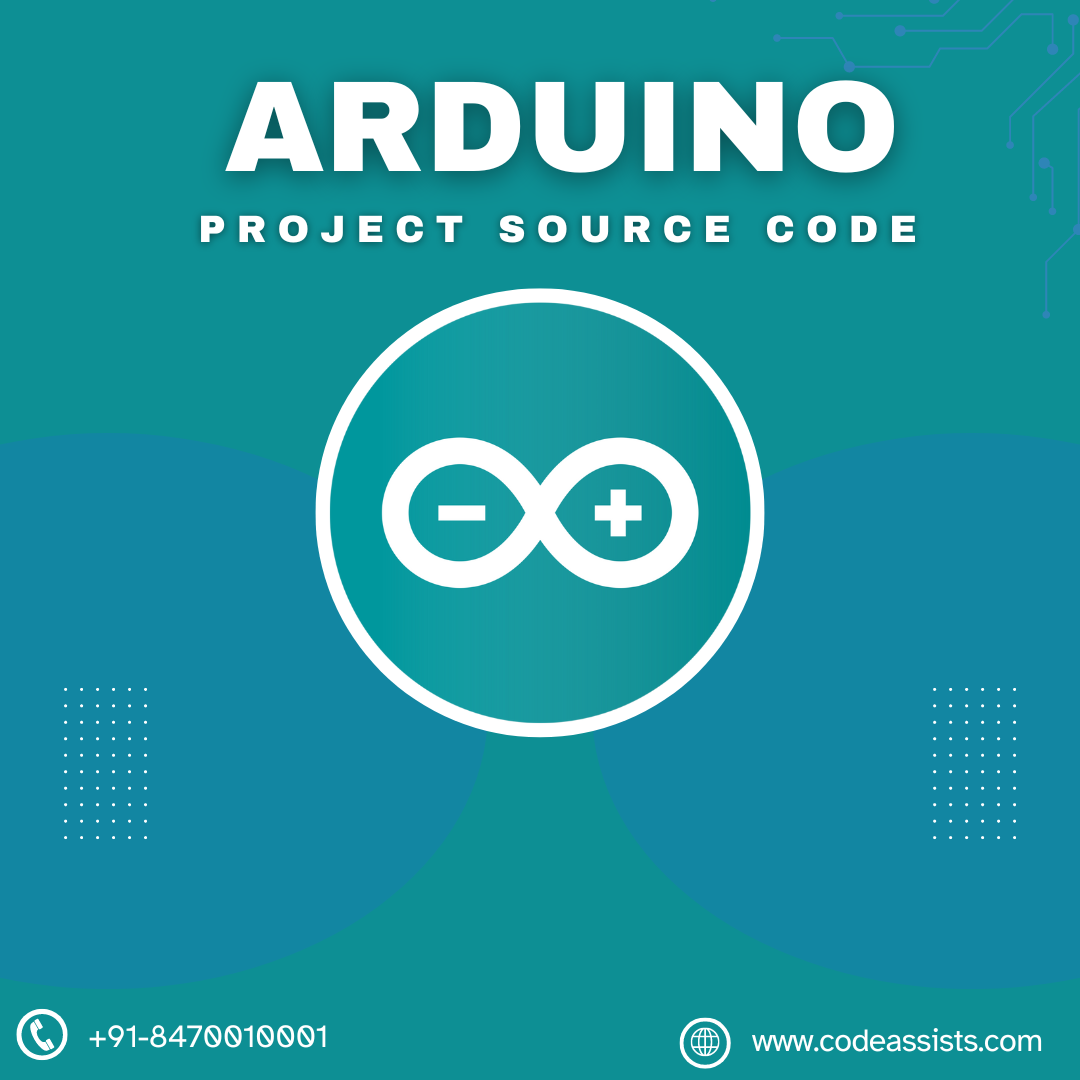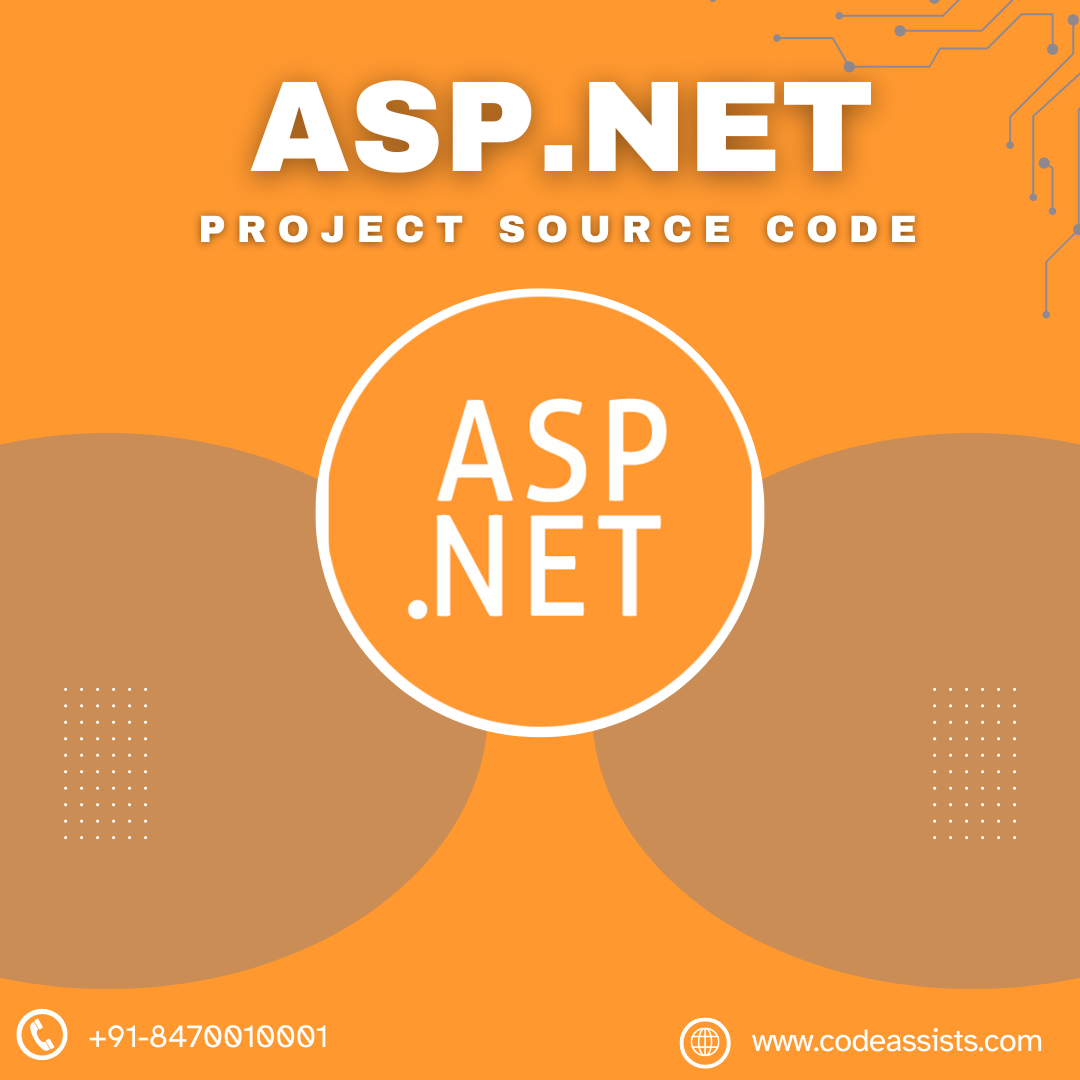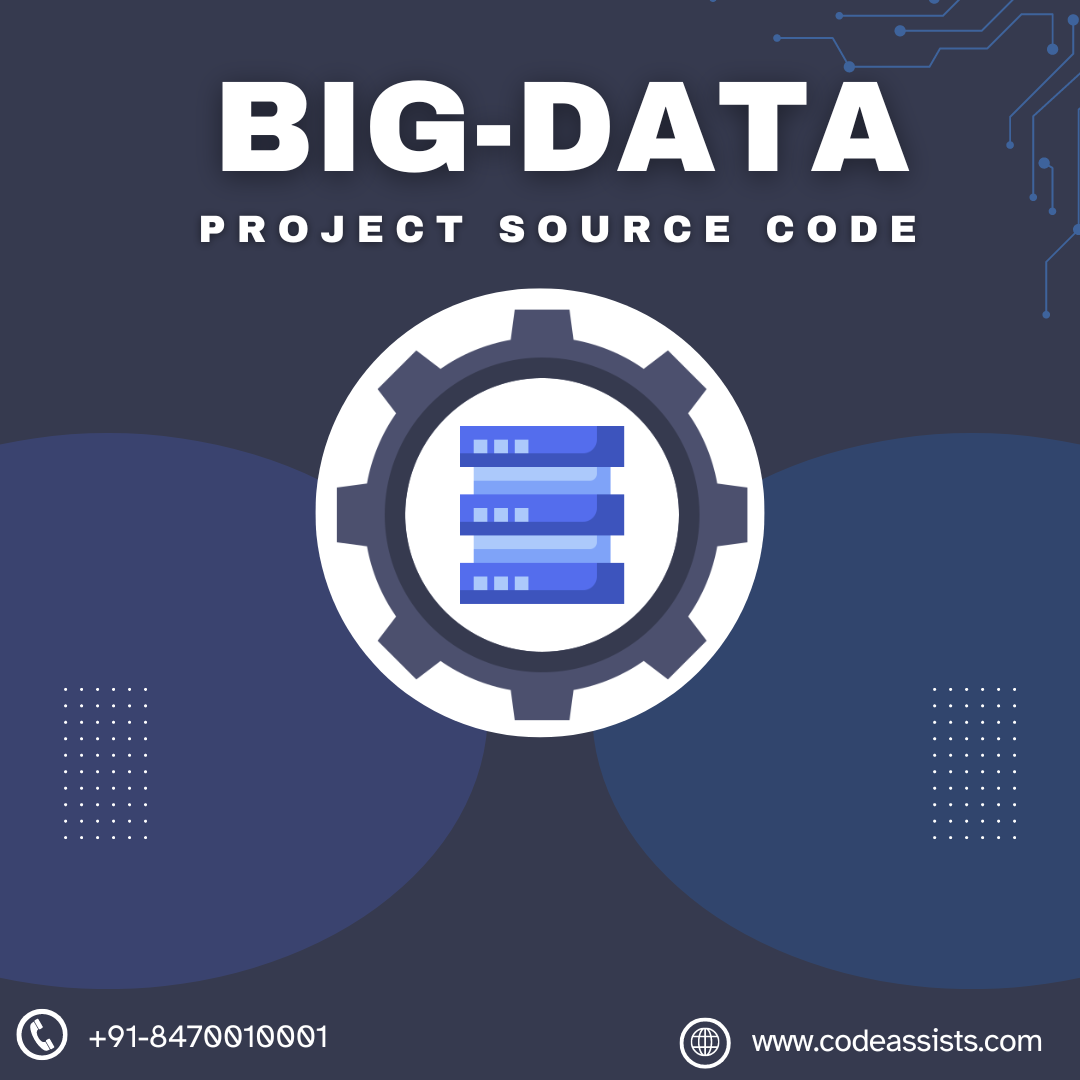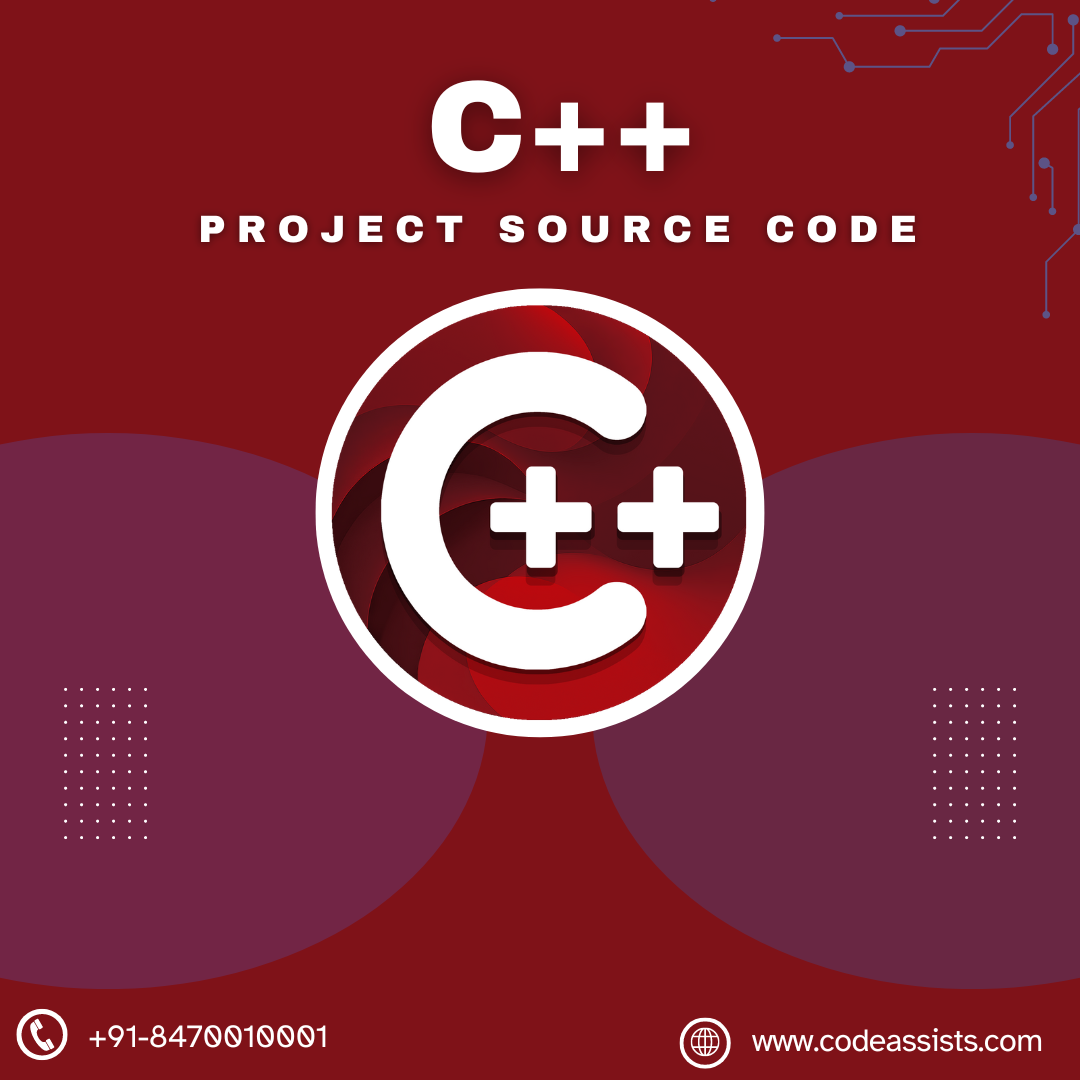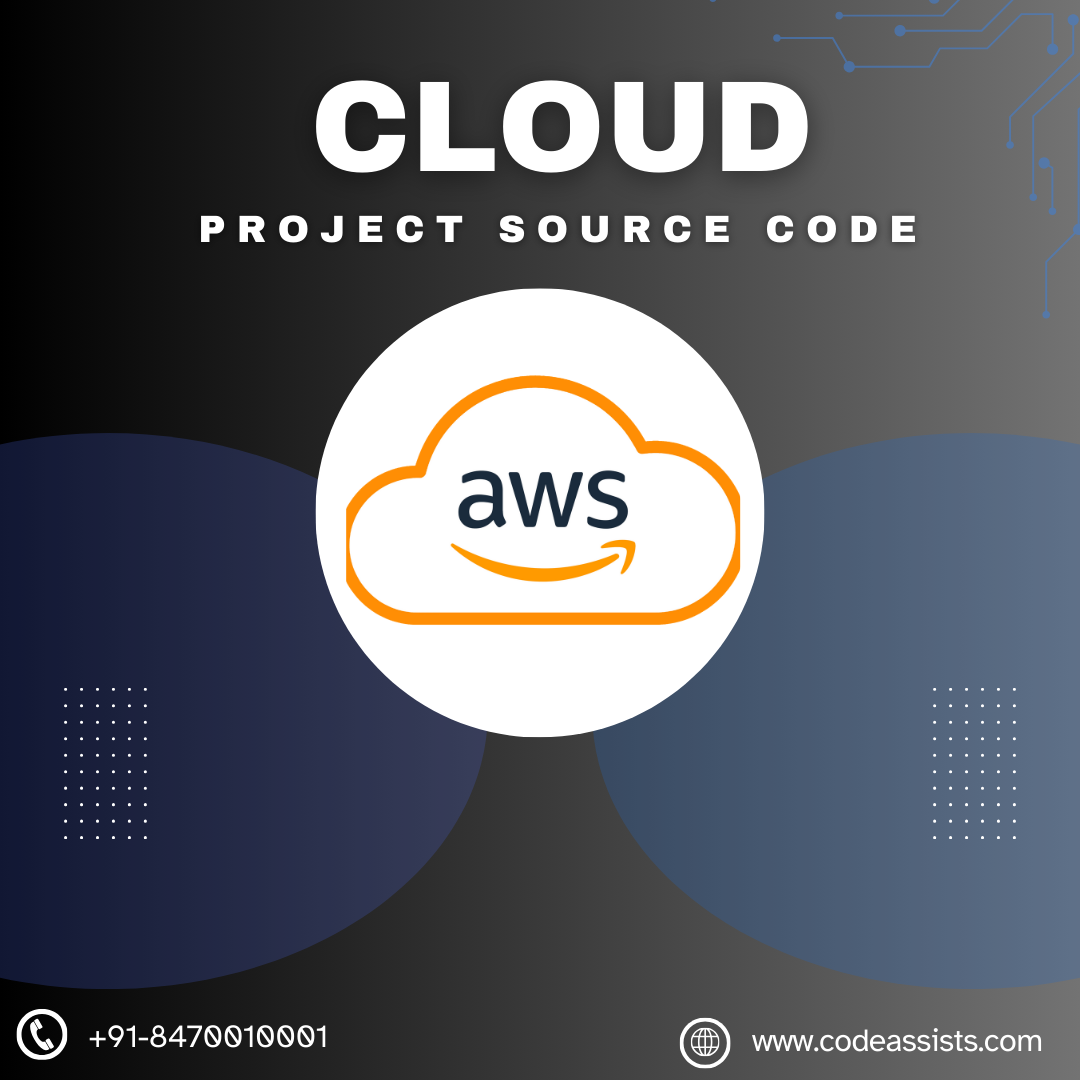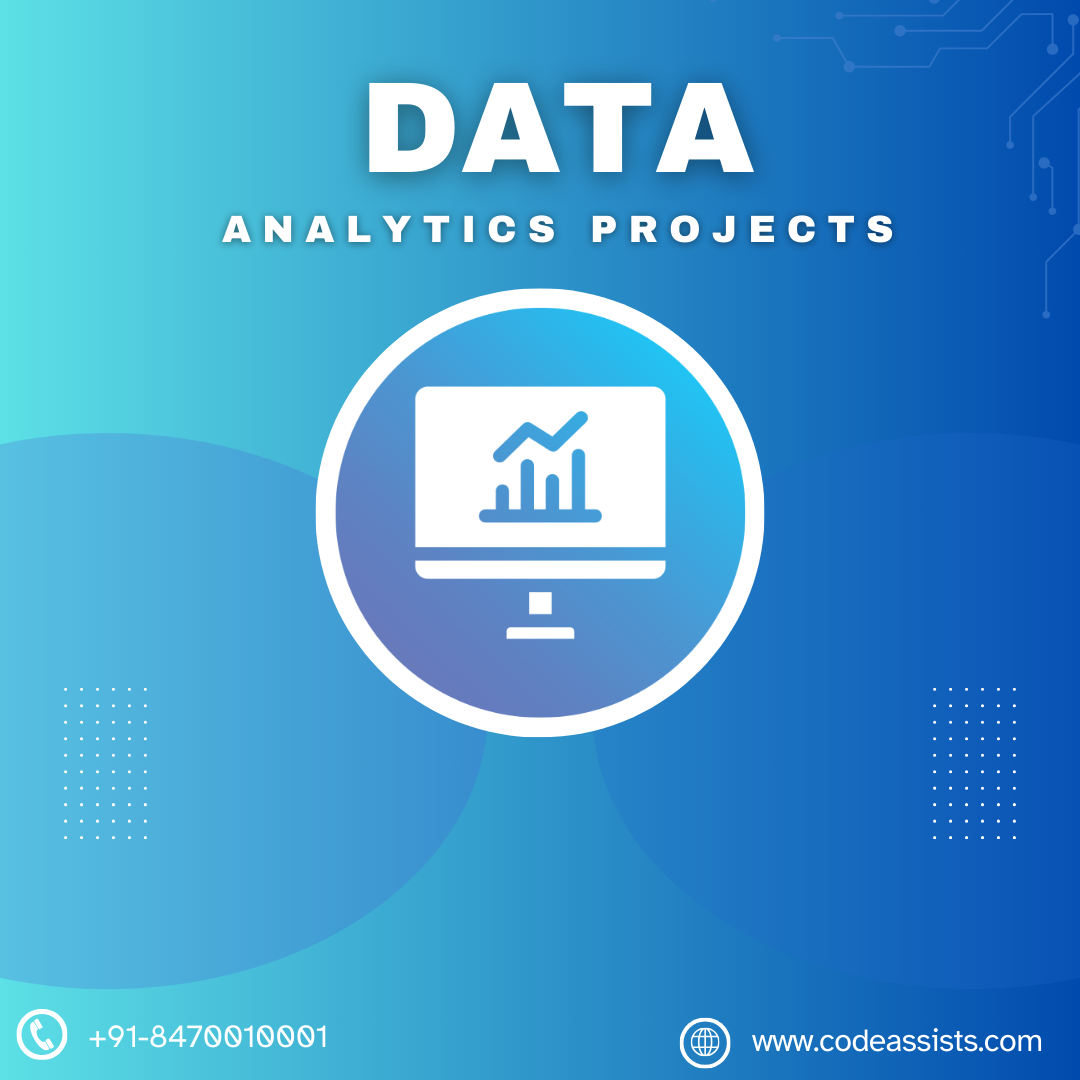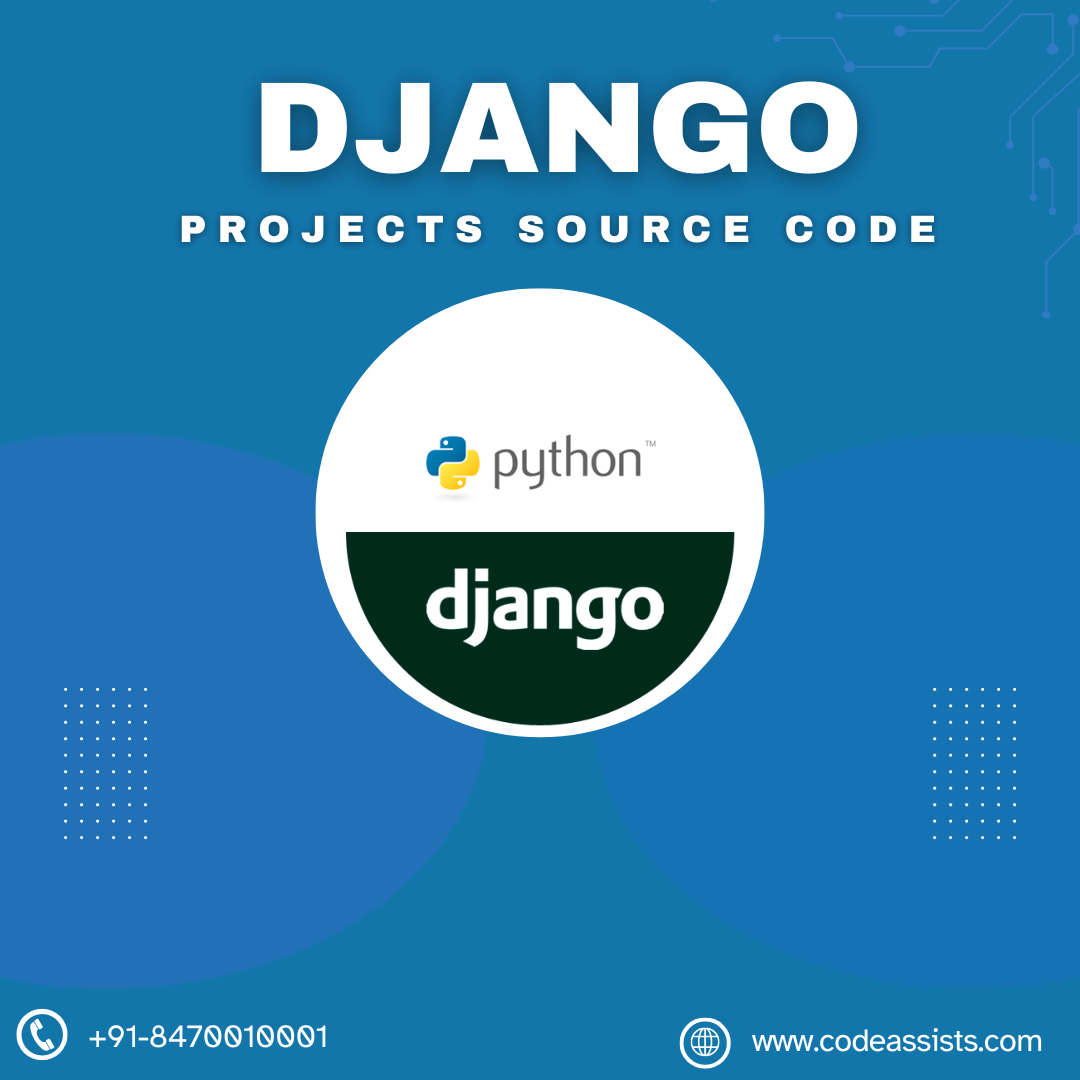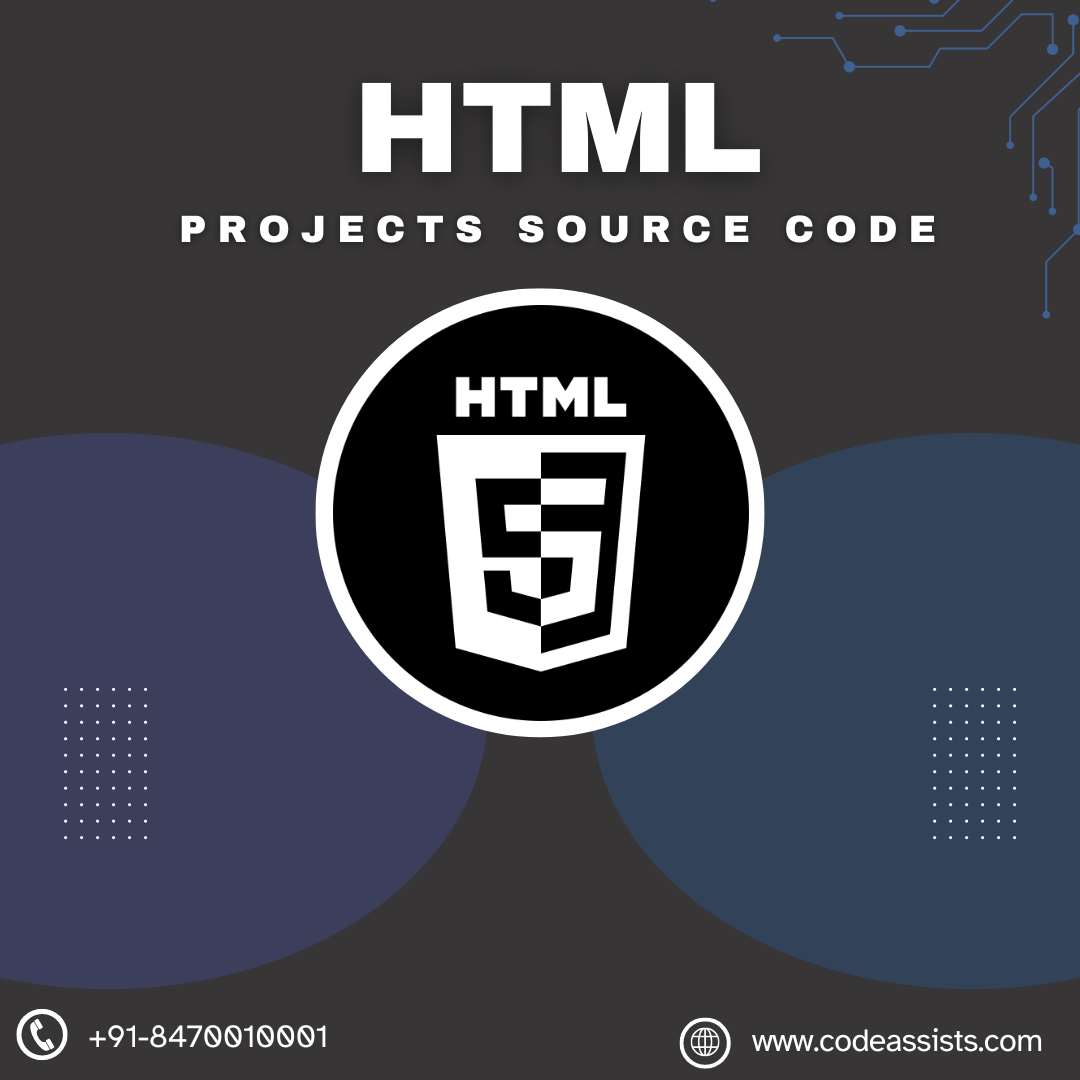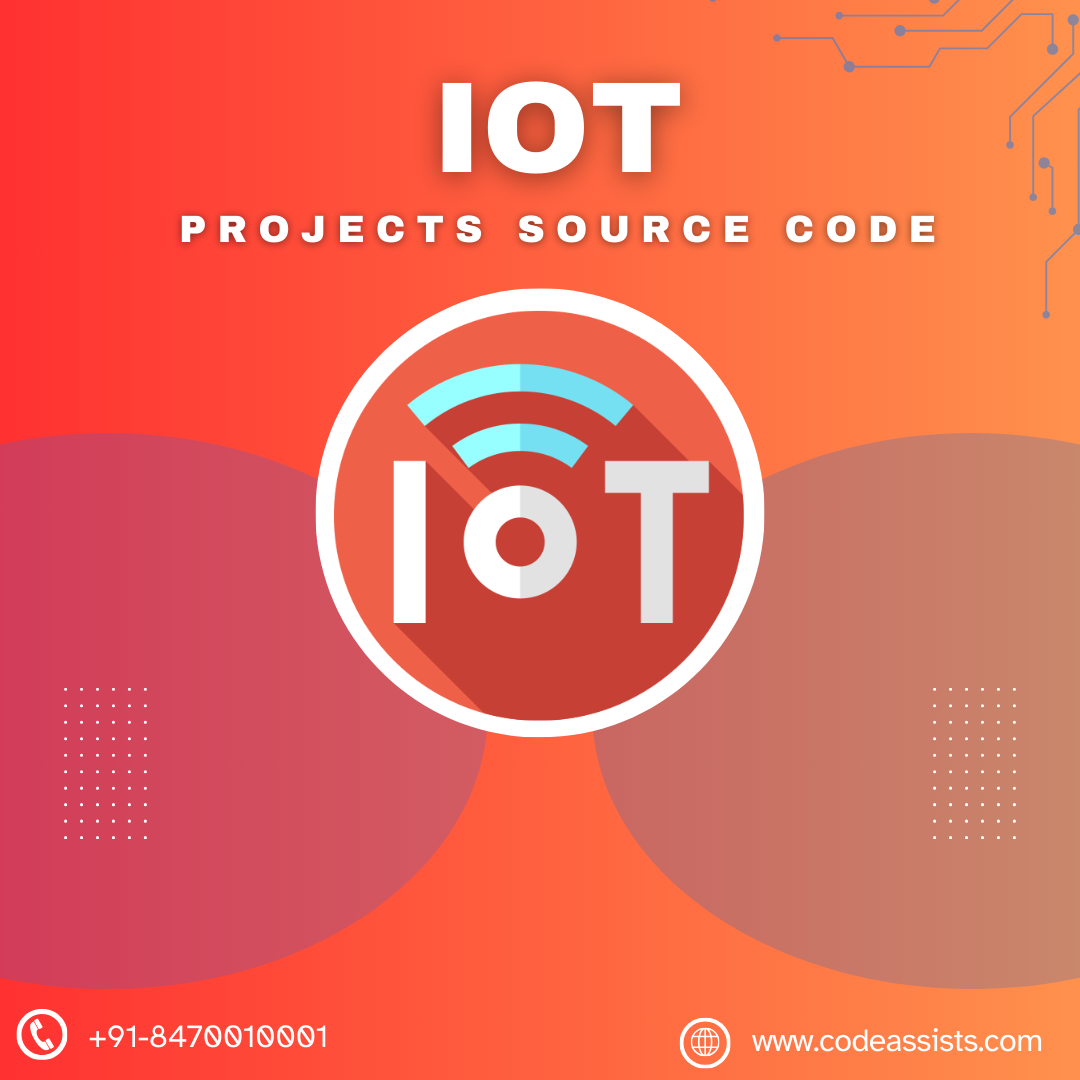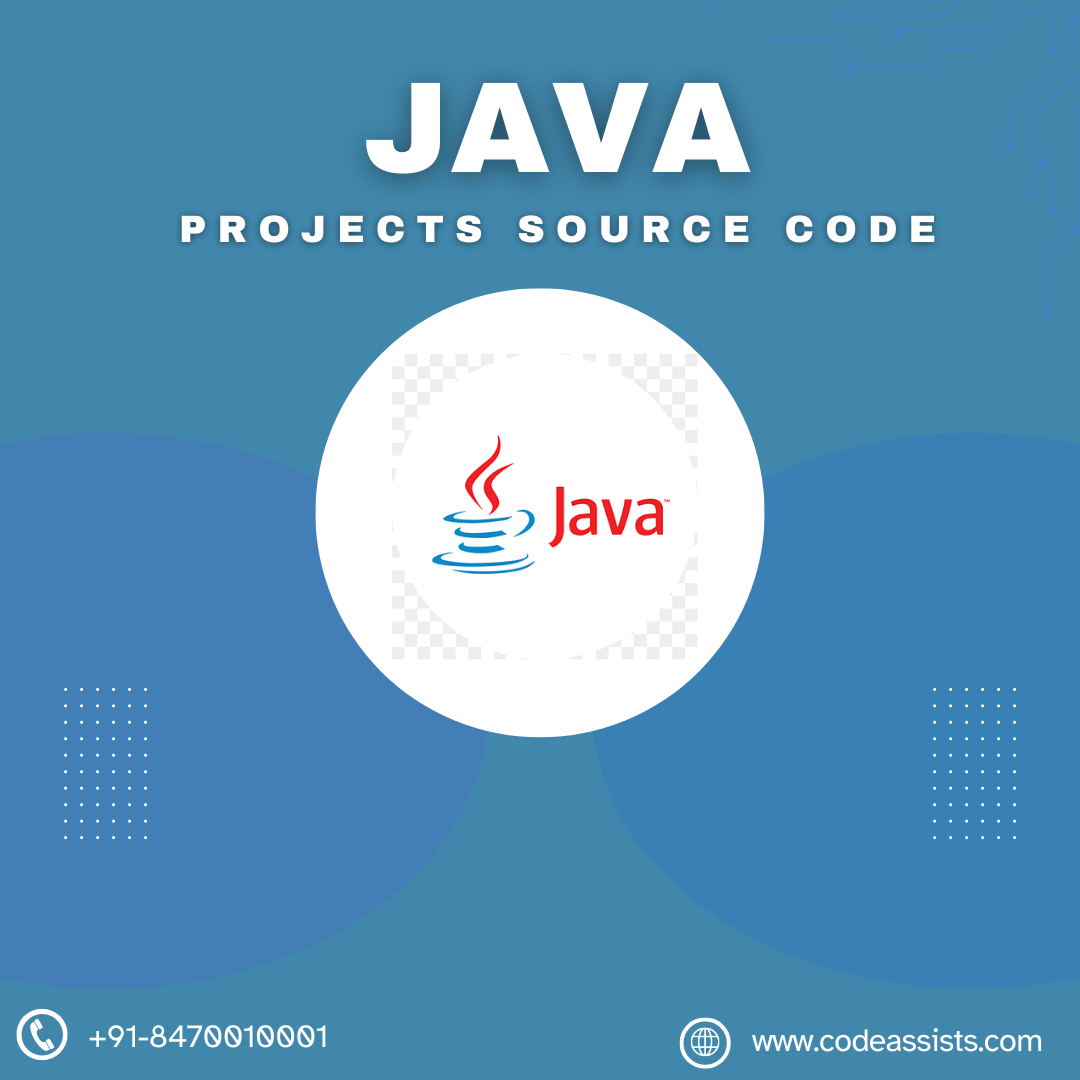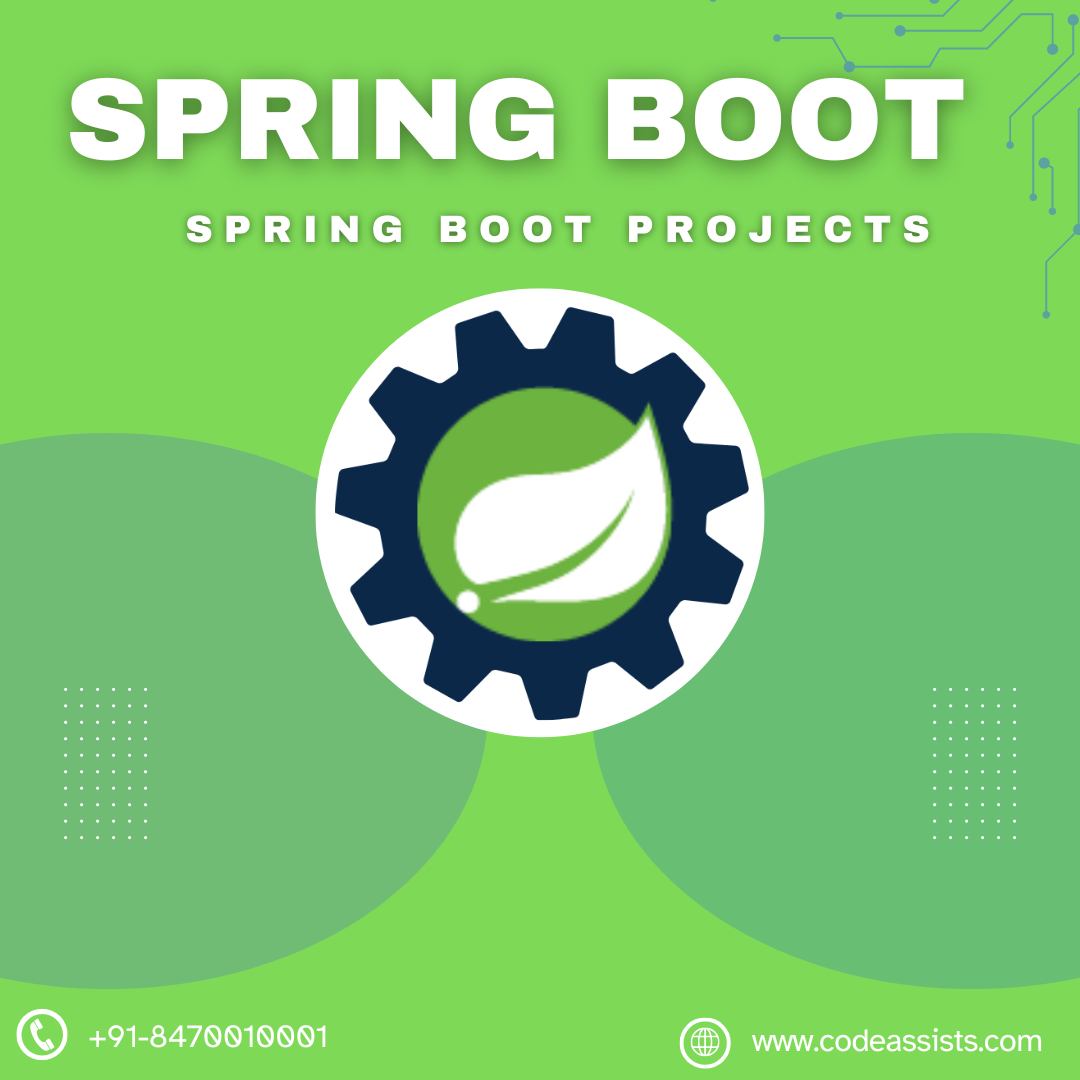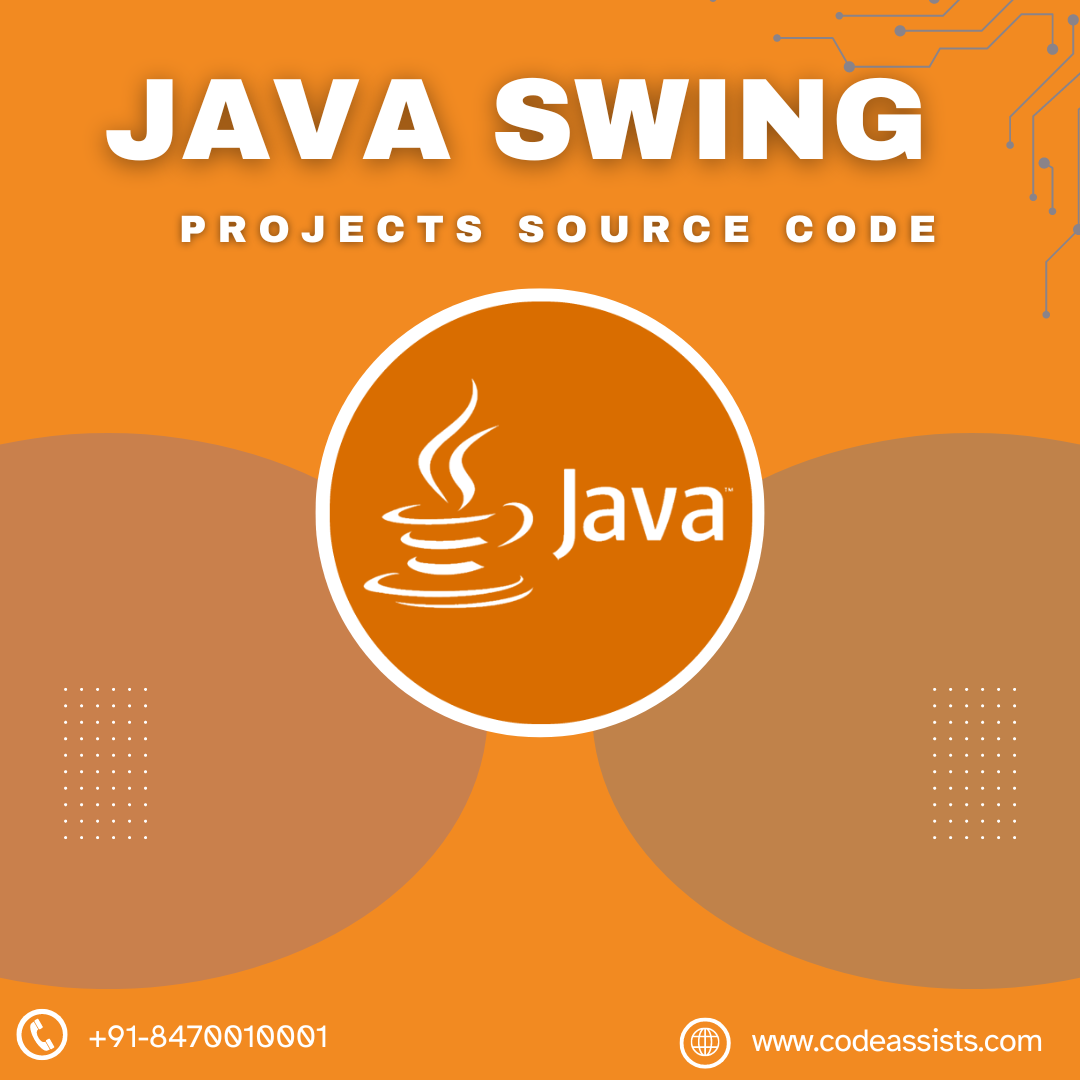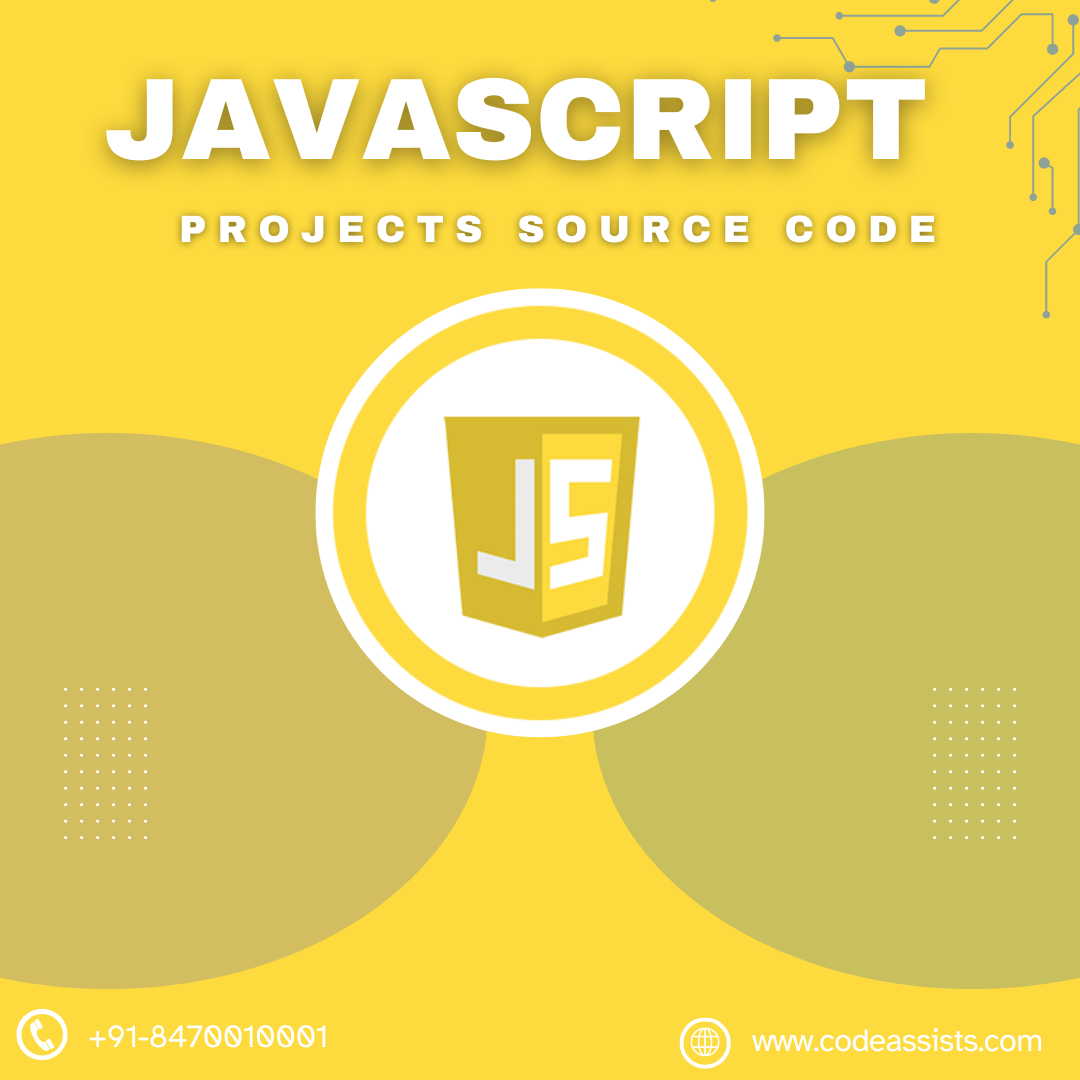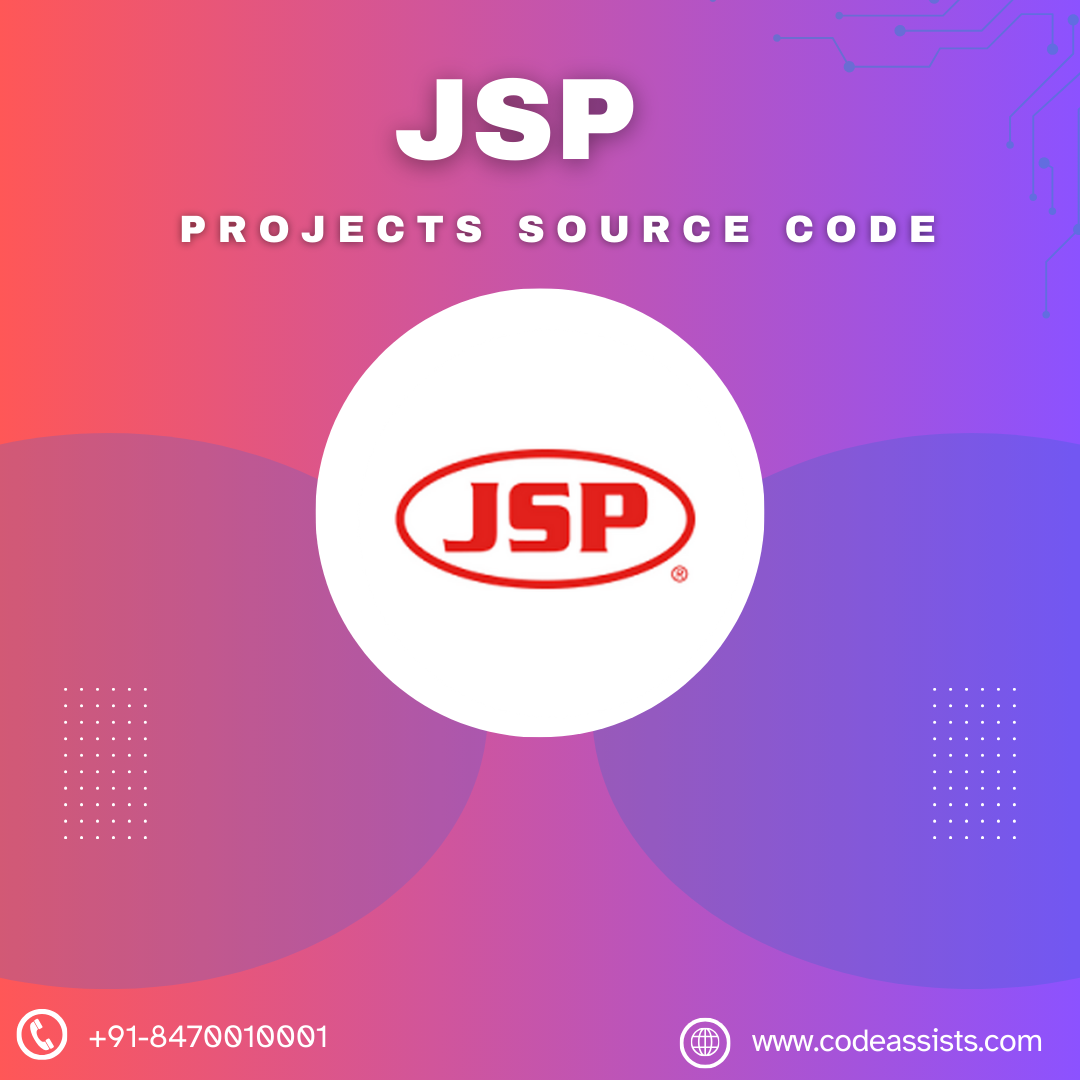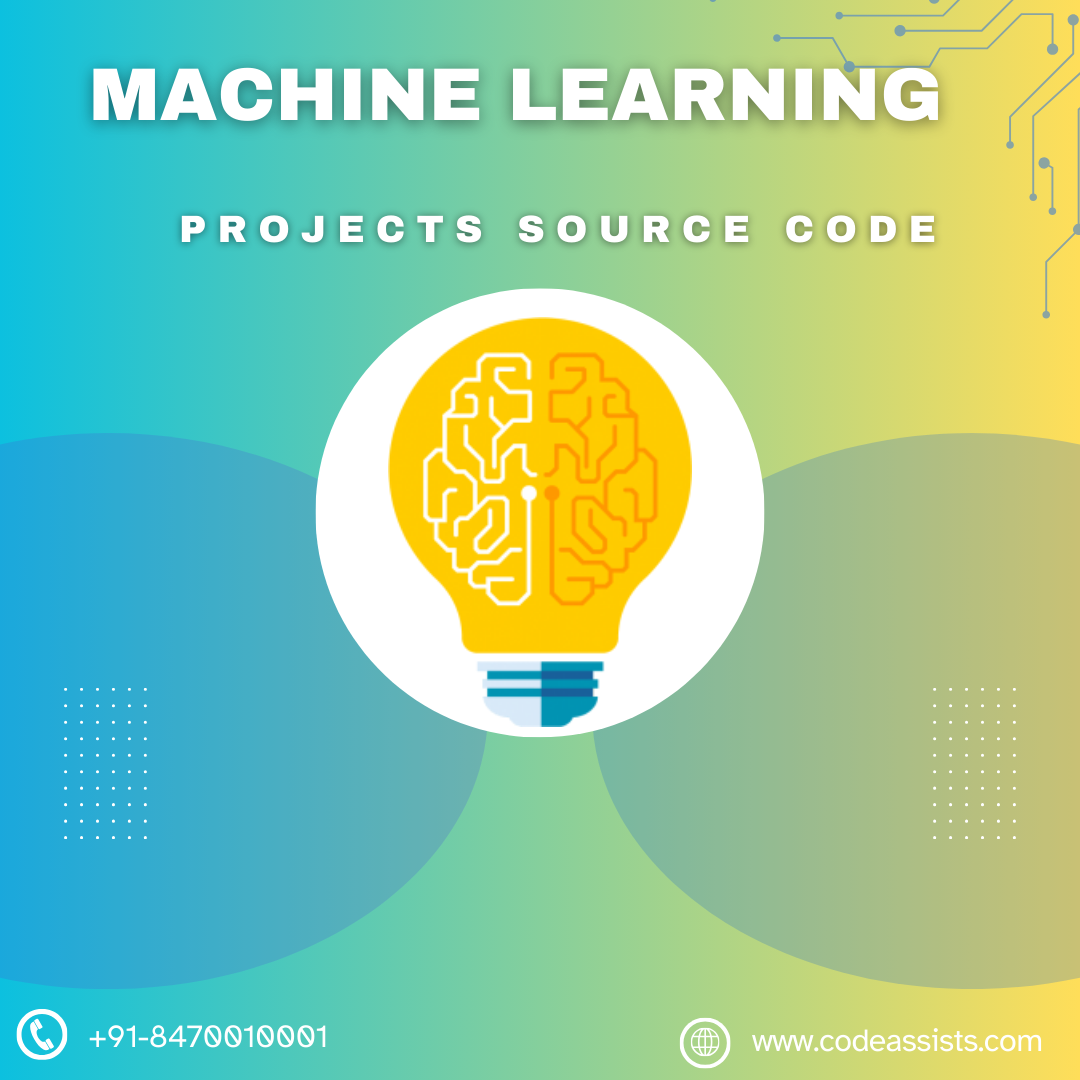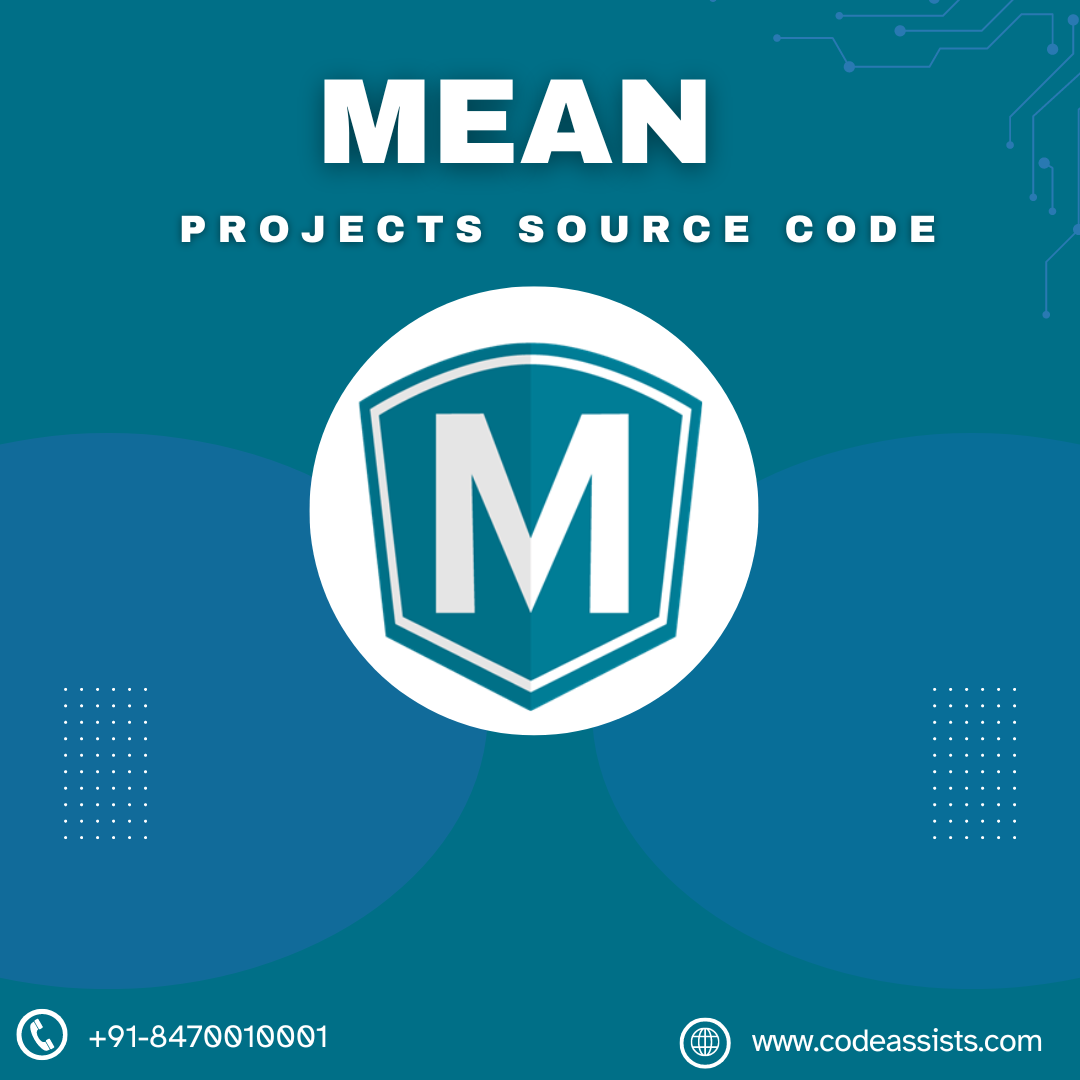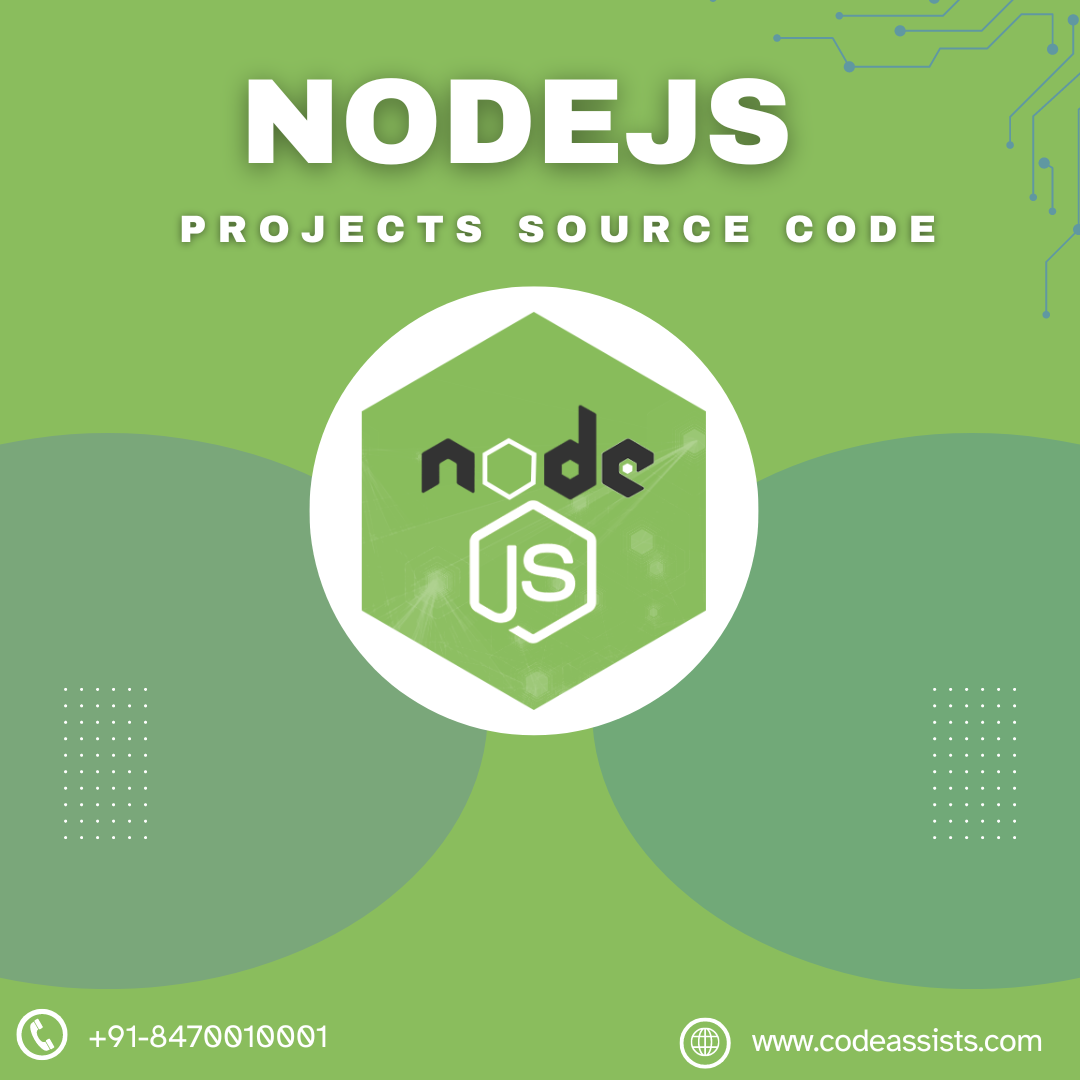Description
The popularity of Radio Frequency Identification Technology is steadily increasing day by day, with its applications expanding across various fields such as inventory management and security checks. In the healthcare sector, RFID systems can be utilized for patient monitoring and medication management. This article focuses on a healthcare monitoring system comprising of three key components: Patient Registration System (PRS), Medication Management System (MMS), and Asset Monitoring System (AMS), catering to doctors, nurses, and patients.
In the Patient Registration System, every patient is registered in the hospital care monitoring system and provided with an RFID band containing their personal information, medical history, and medication details. This allows doctors and nurses to access crucial patient information easily.
The Medication Management System ensures that patients are reminded to take their medication doses and alerts healthcare providers in case of any disruptions in the patient’s medical condition. In critical situations, doctors can quickly access the patient’s medical history through their RFID band, eliminating the need for manual searches.
The Asset Monitoring System enables healthcare providers to track the status and utilization of medical equipment in real-time by assigning unique RFID tags to each asset. This system enhances the efficiency of hospital management by facilitating easy access to patient data, monitoring employee performance, and managing accounts and billing effectively.
The RFID-based healthcare monitoring system streamlines hospital operations, improves efficiency, and allows doctors and nurses to handle a larger number of patients efficiently. For recurring patients, the RFID band serves as a convenient tool for accessing their medical history and eliminating the need for repeated registrations.
The project utilizes various technologies such as Embedded C Language for hardware interface coding, PHP for business logic and web interface development, MySQL for database management, Apache 2 for server hosting, JavaScript for form validations and animation effects, and jQuery Library for additional functionalities like calendars.

